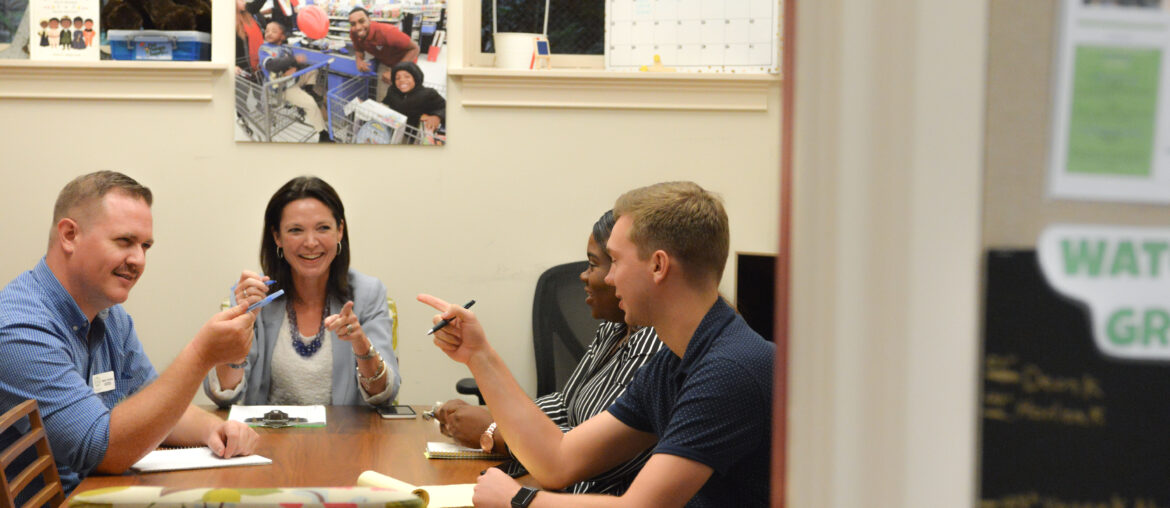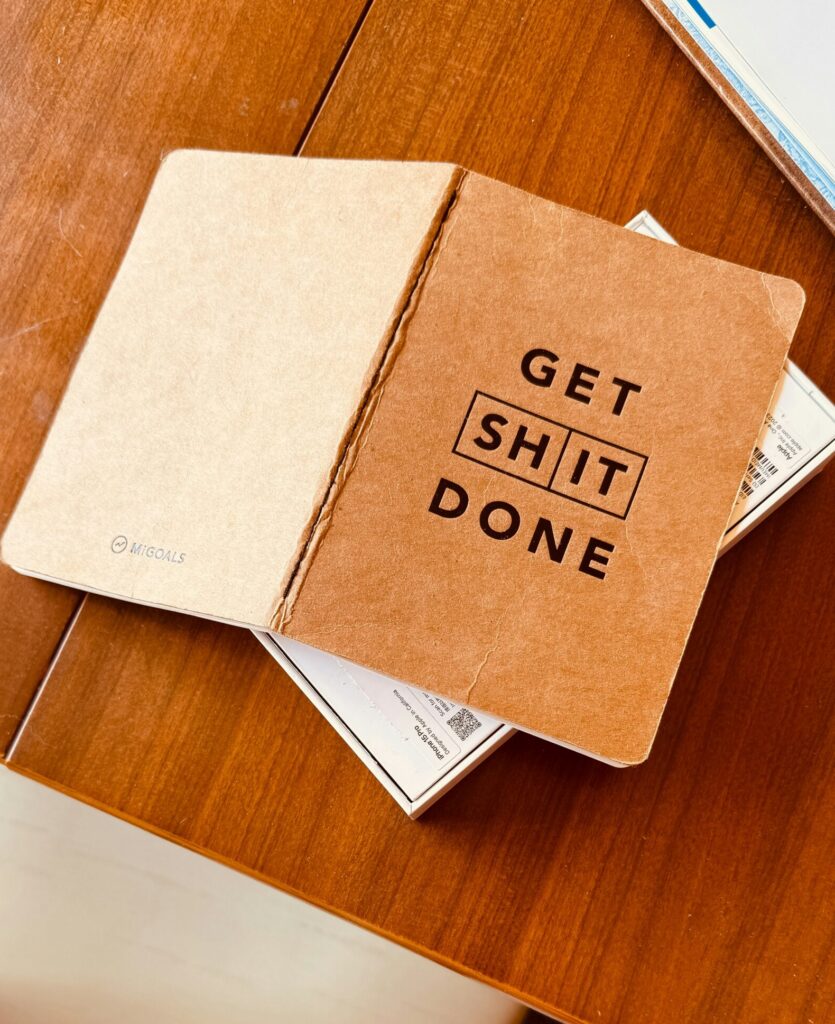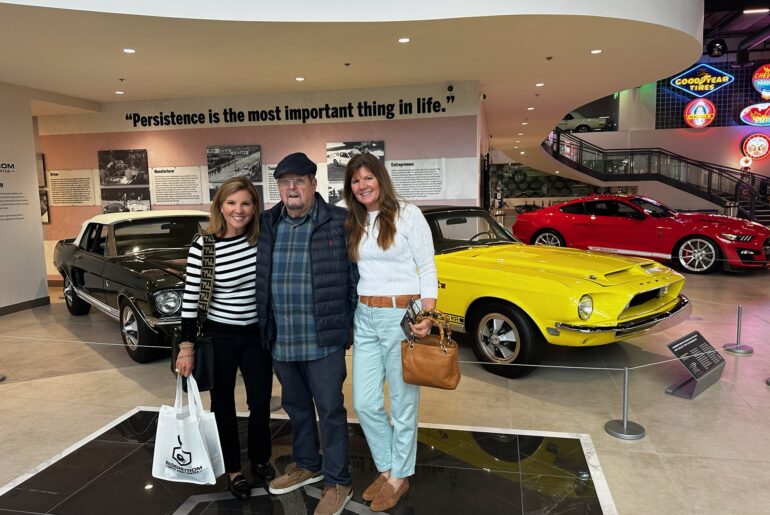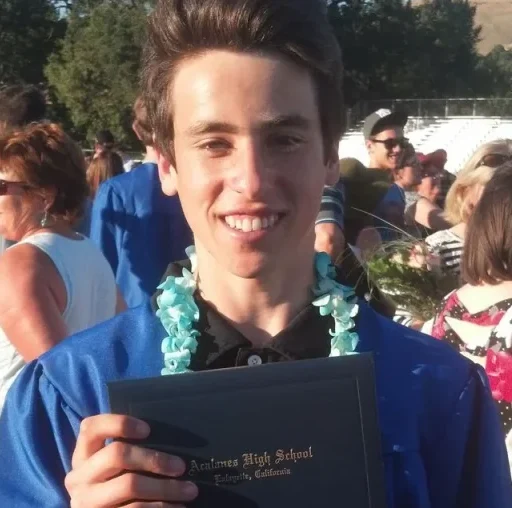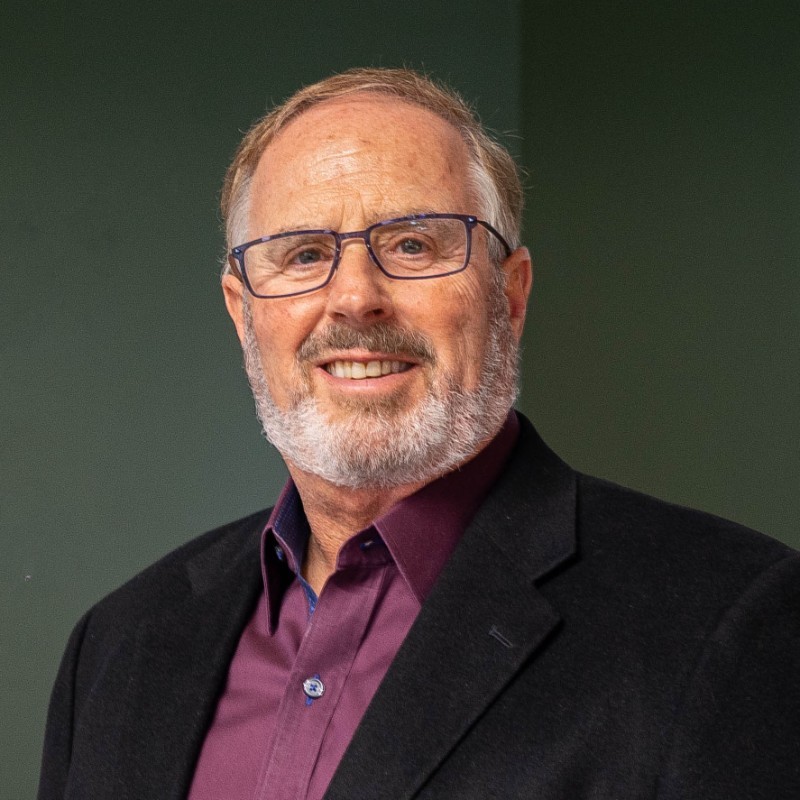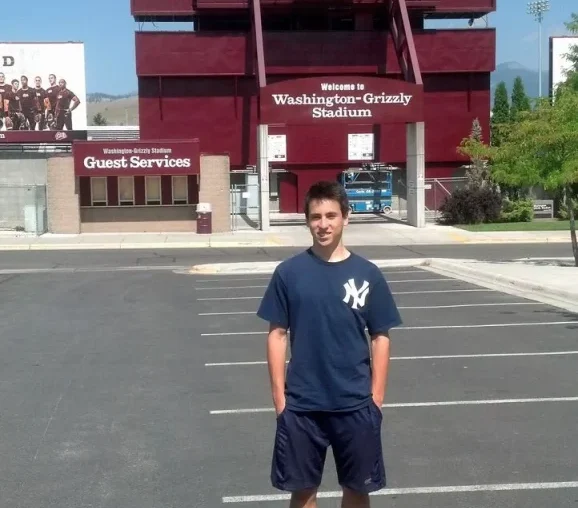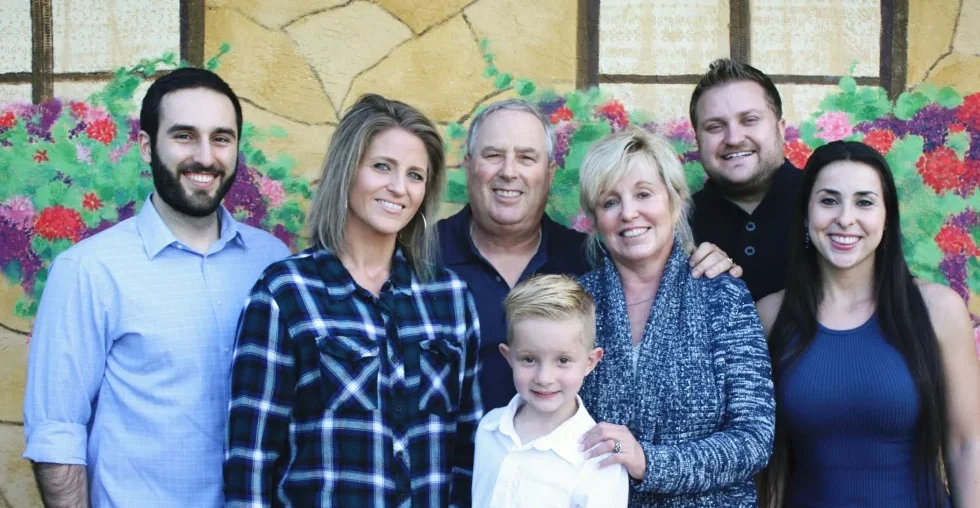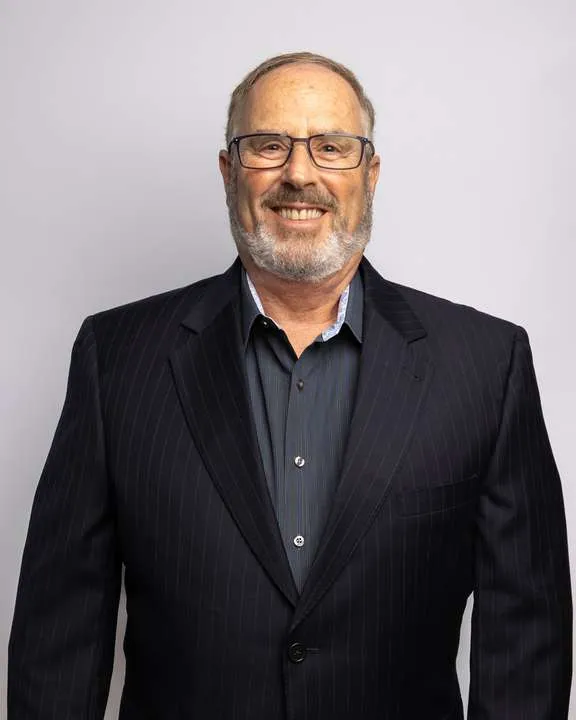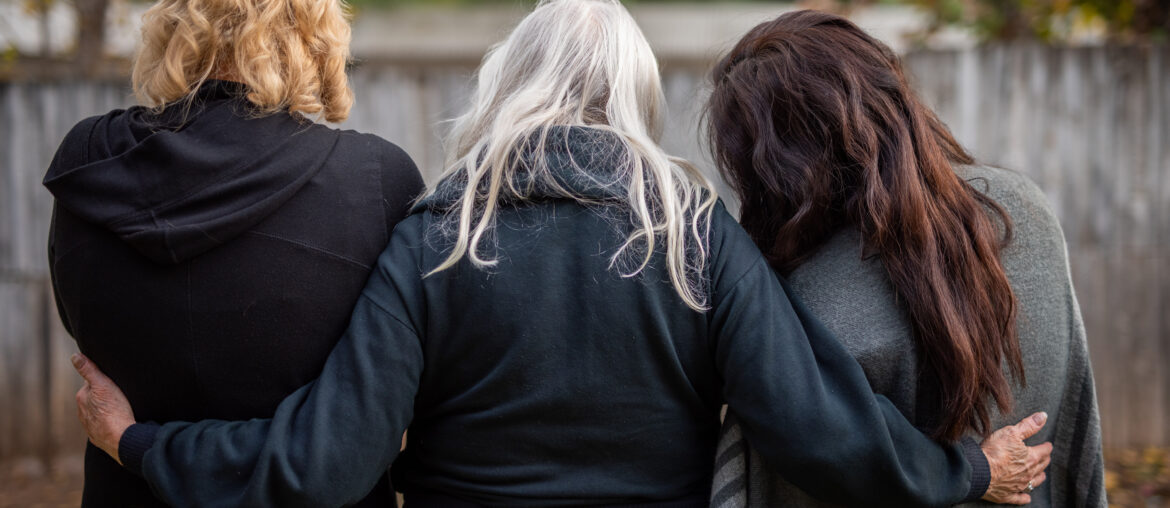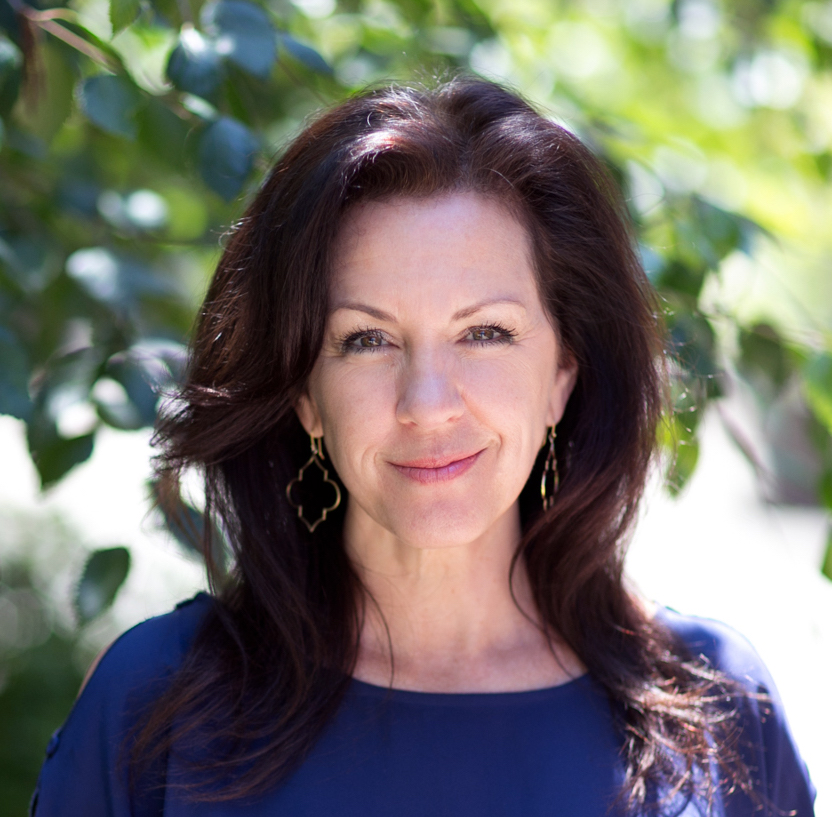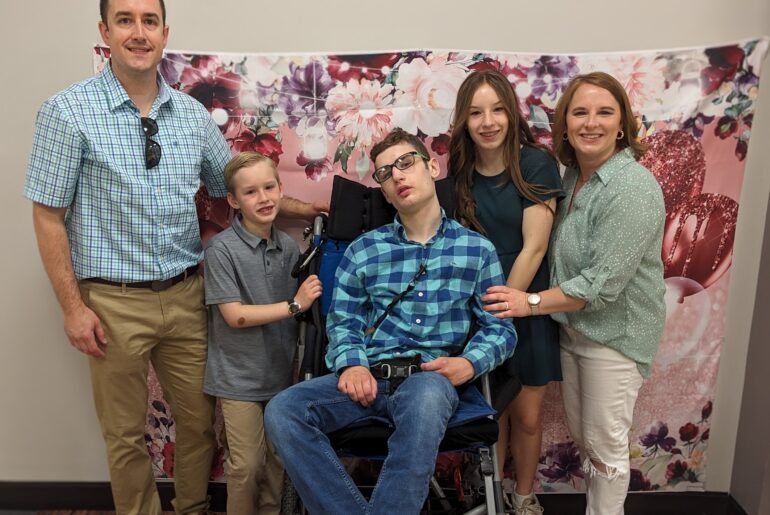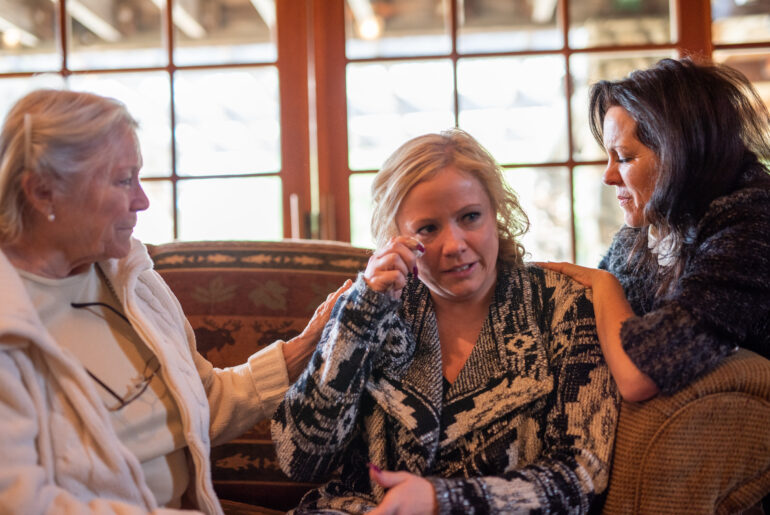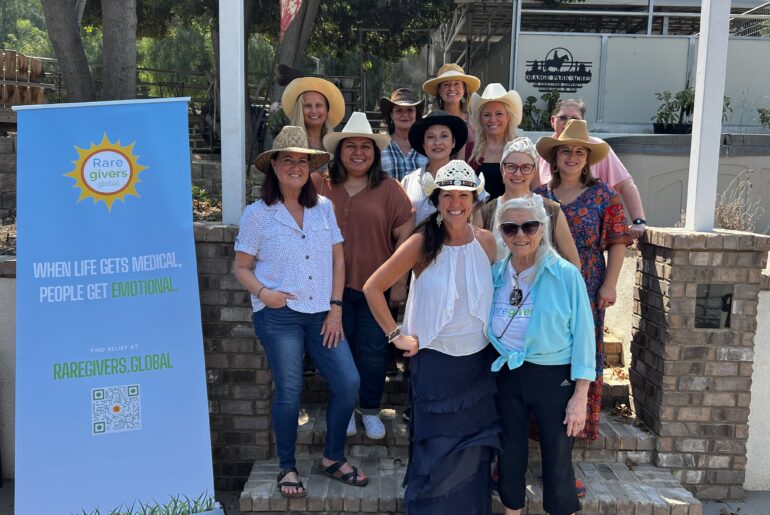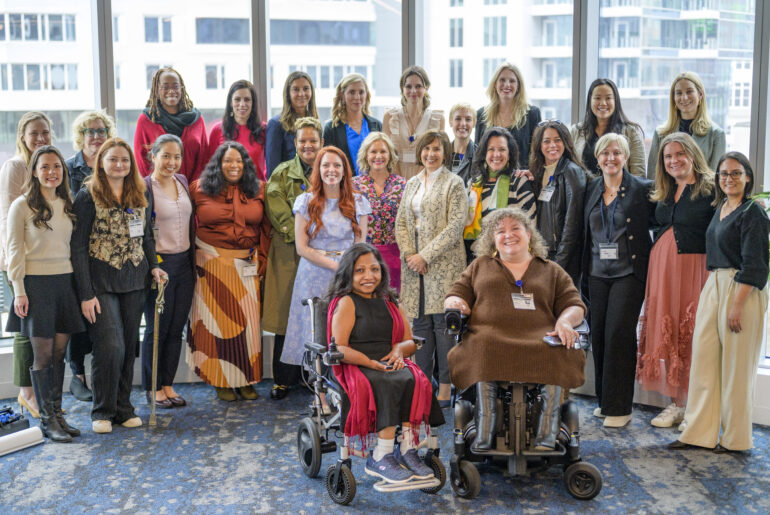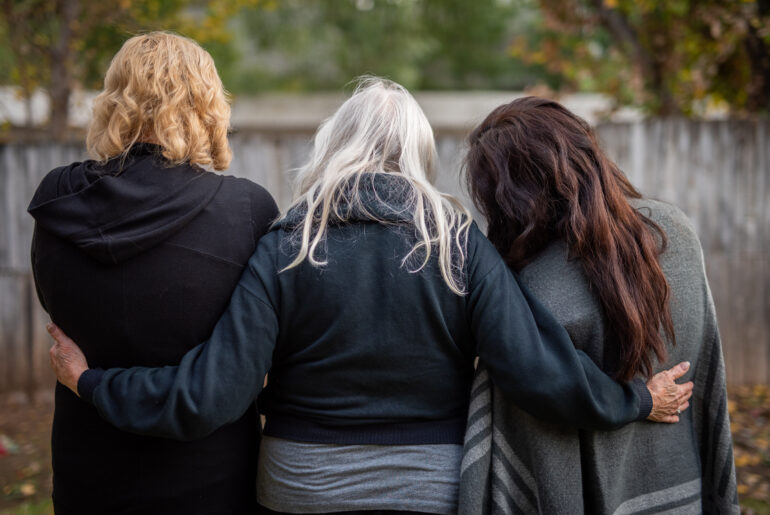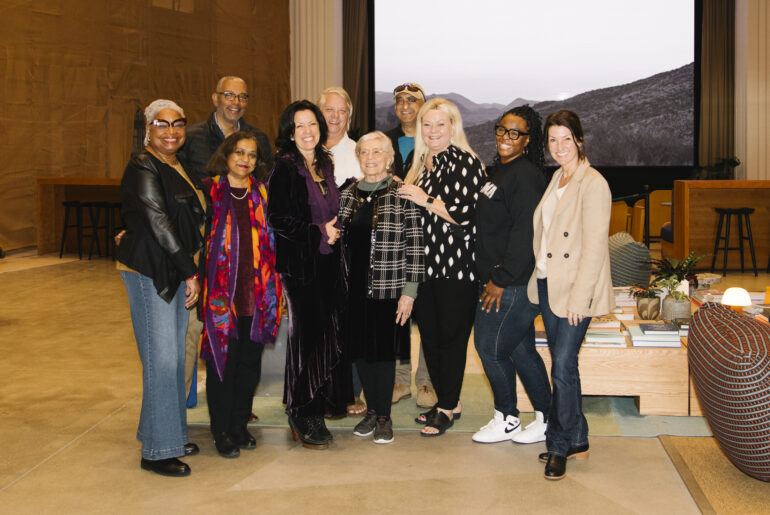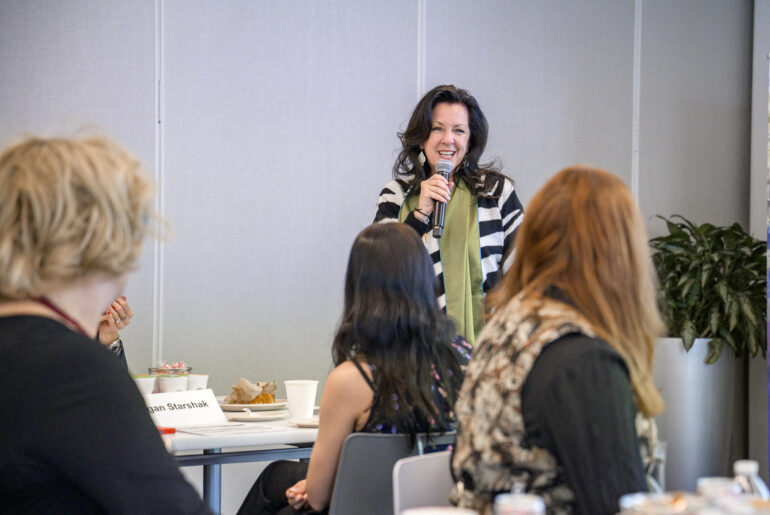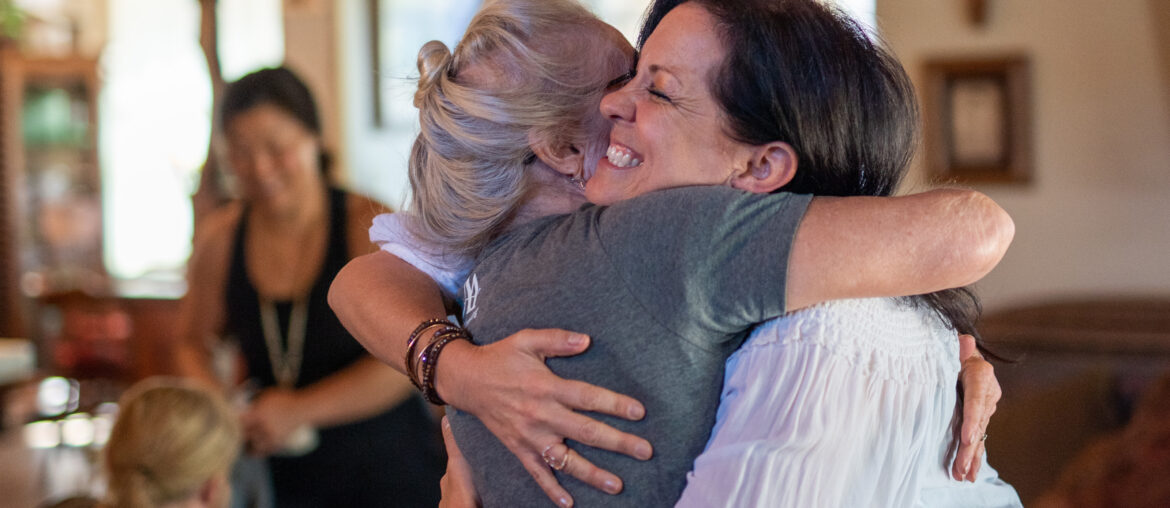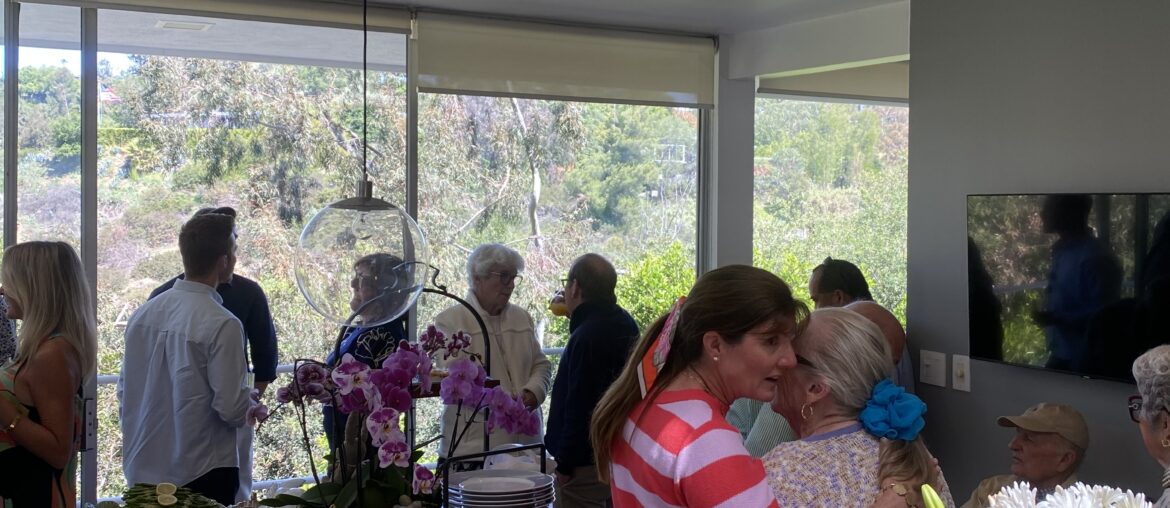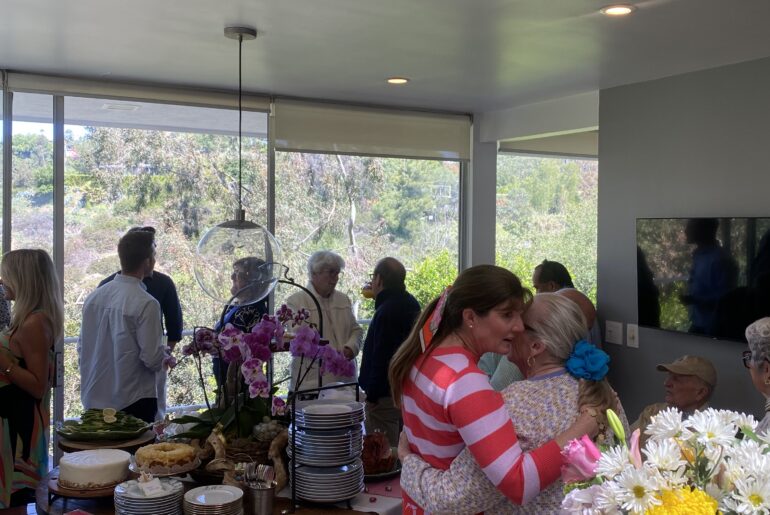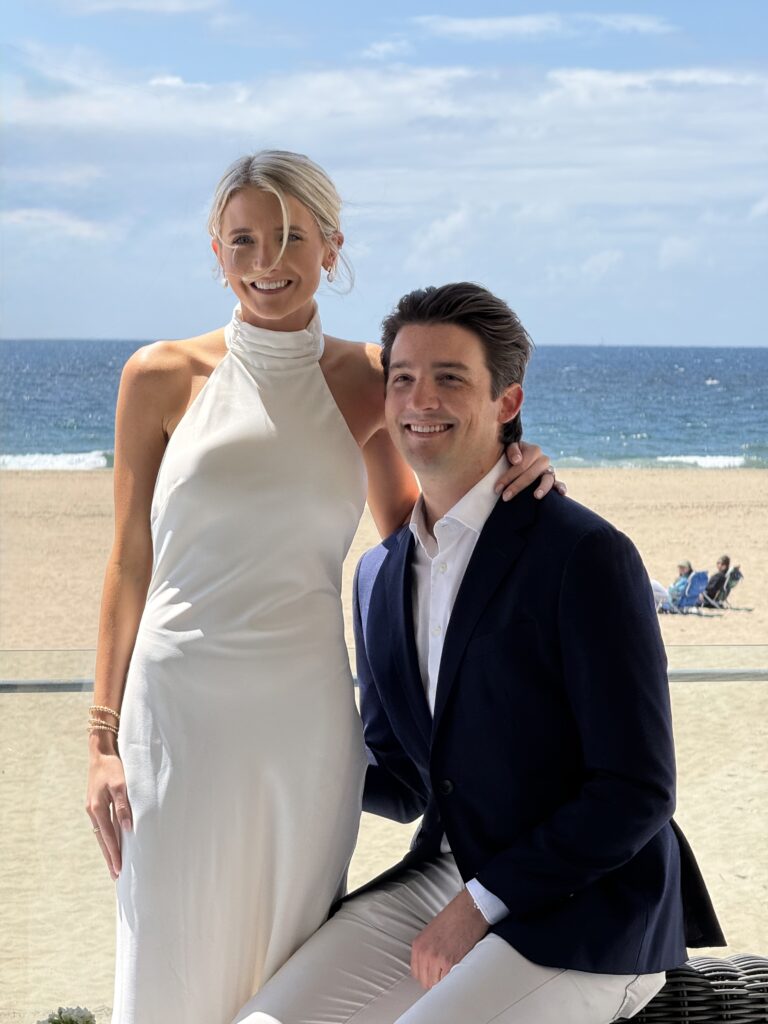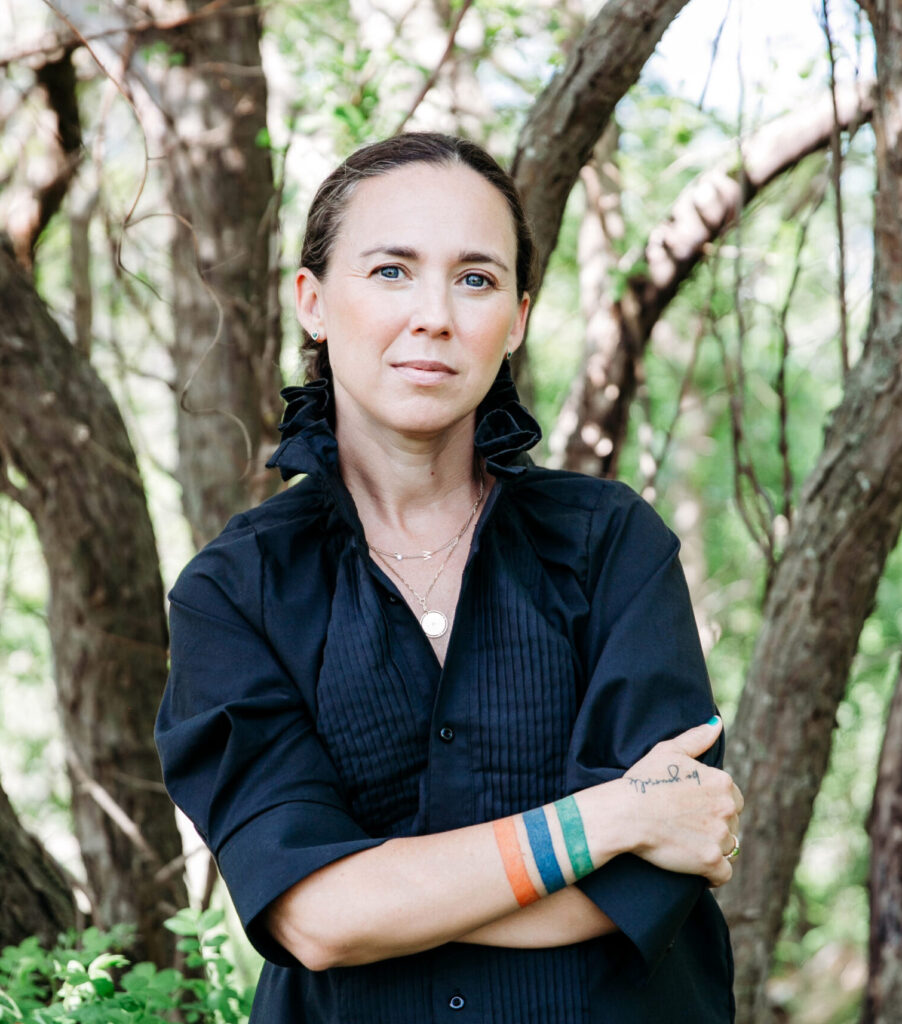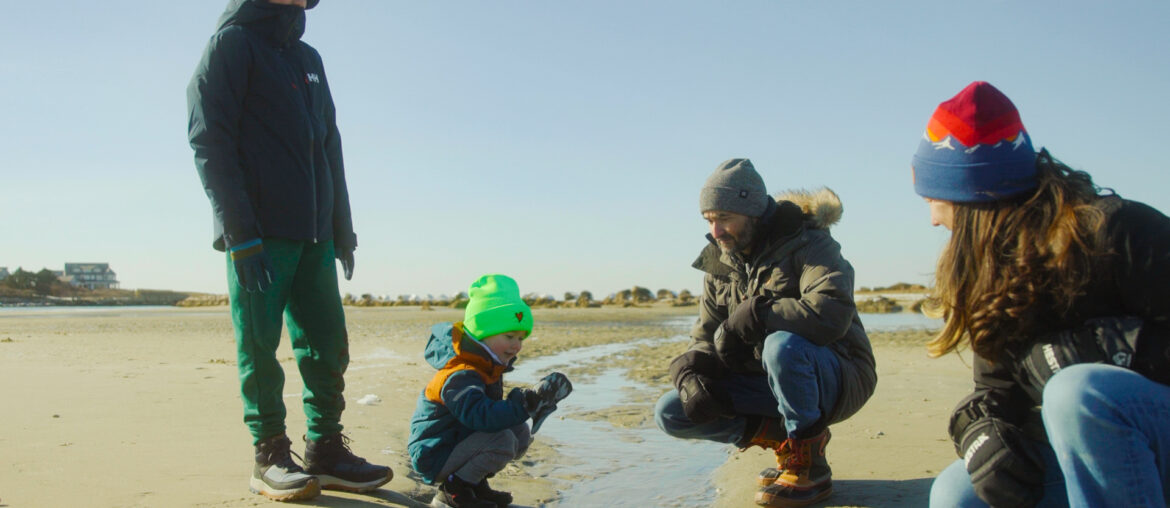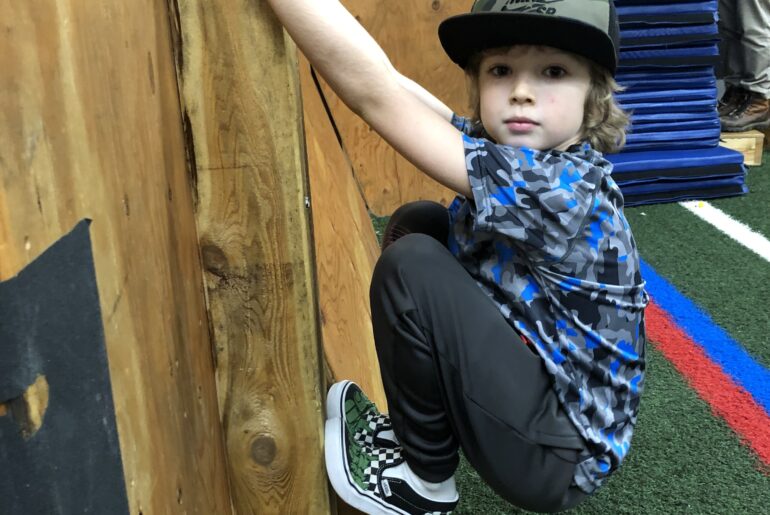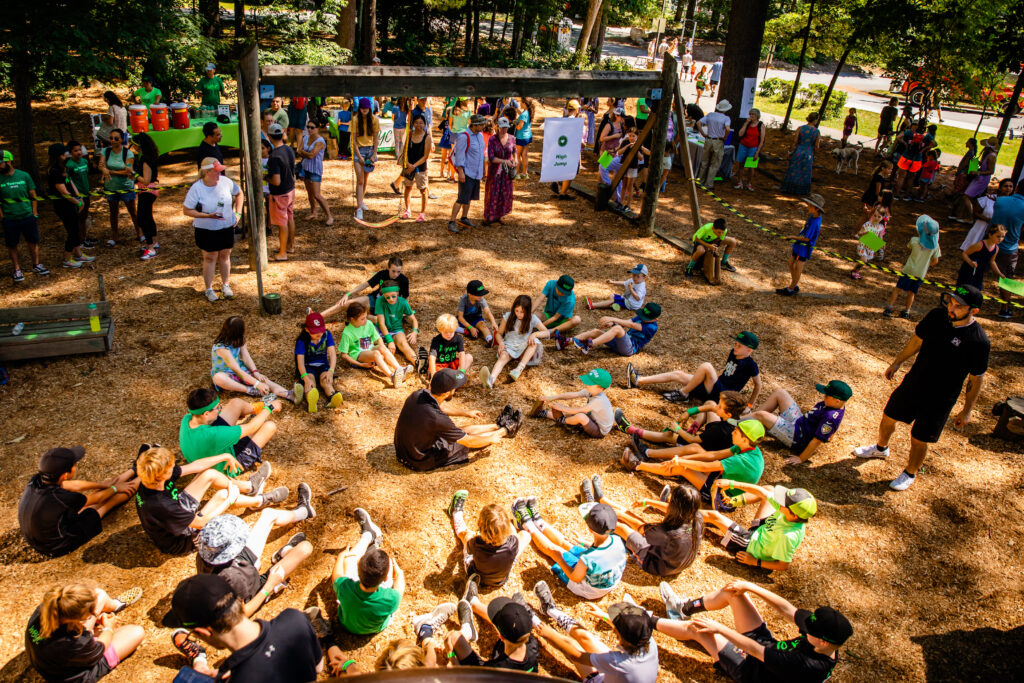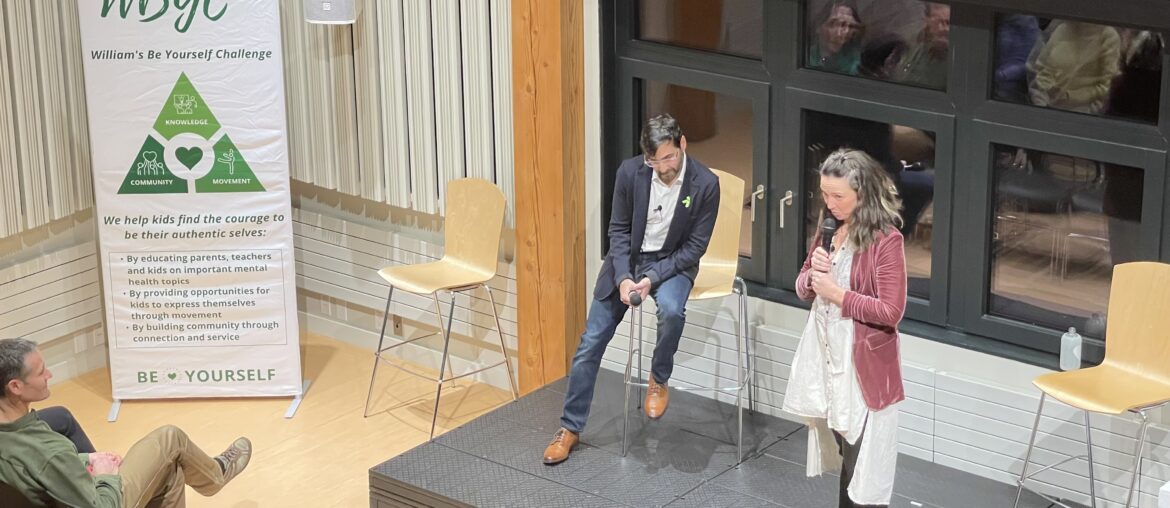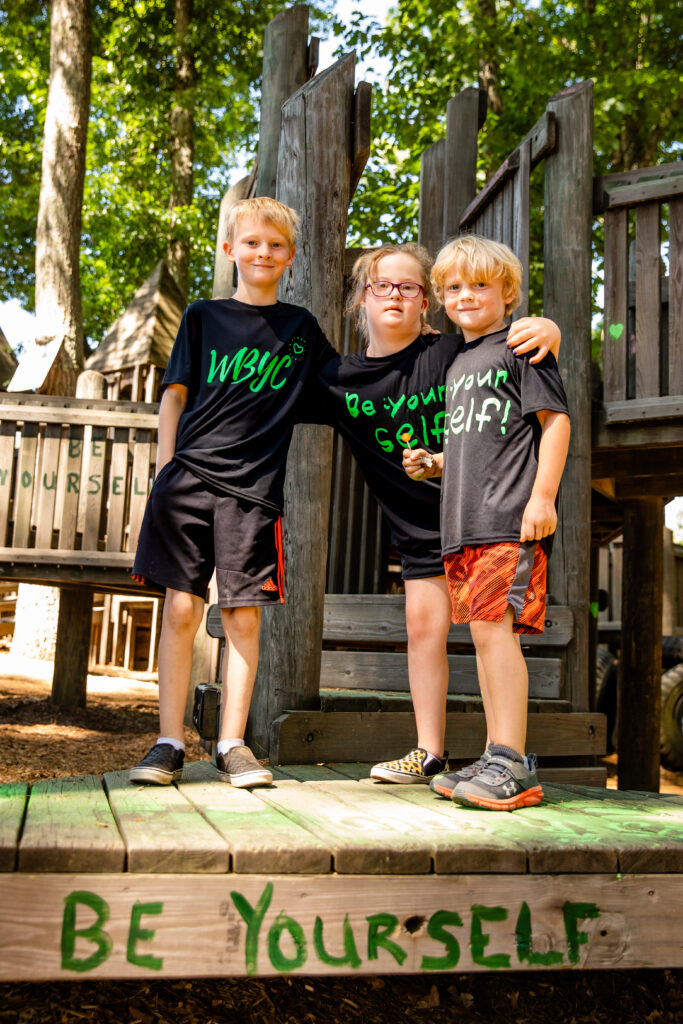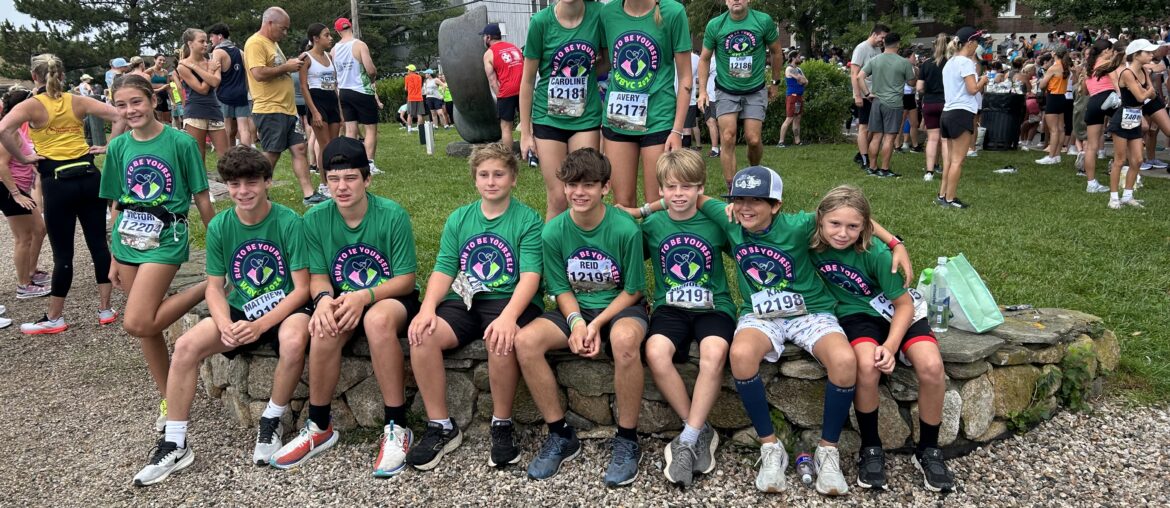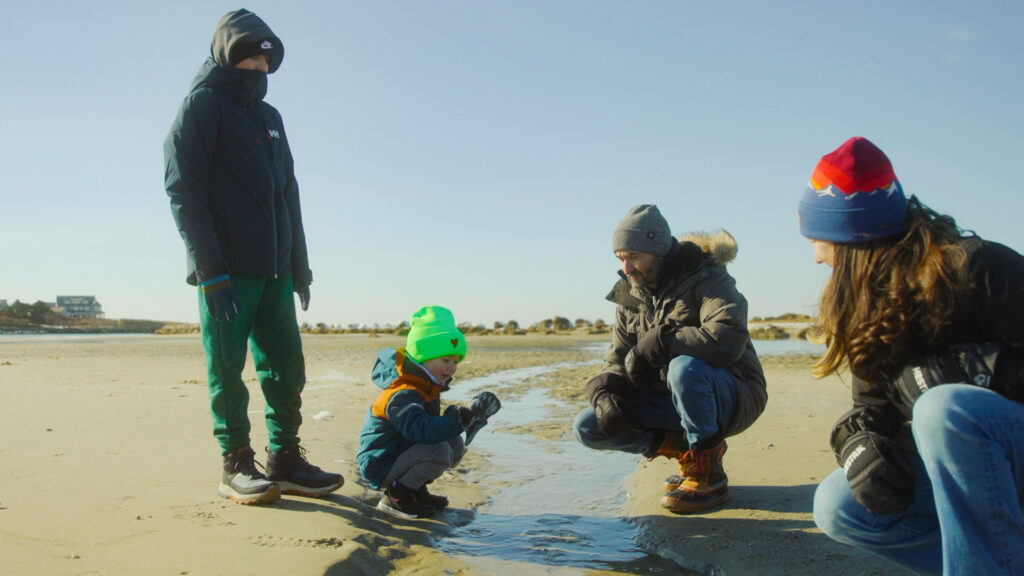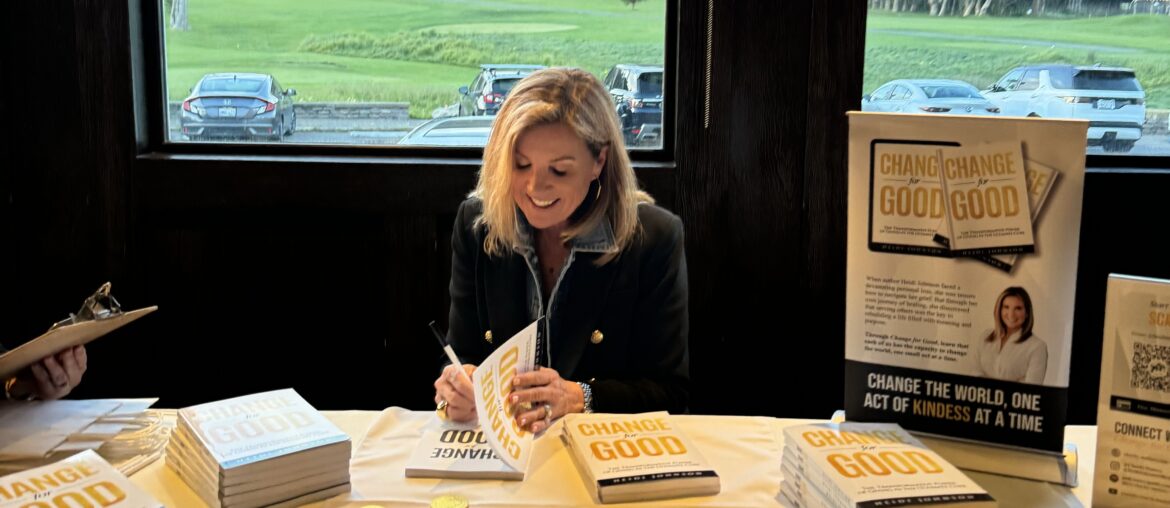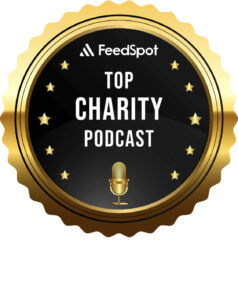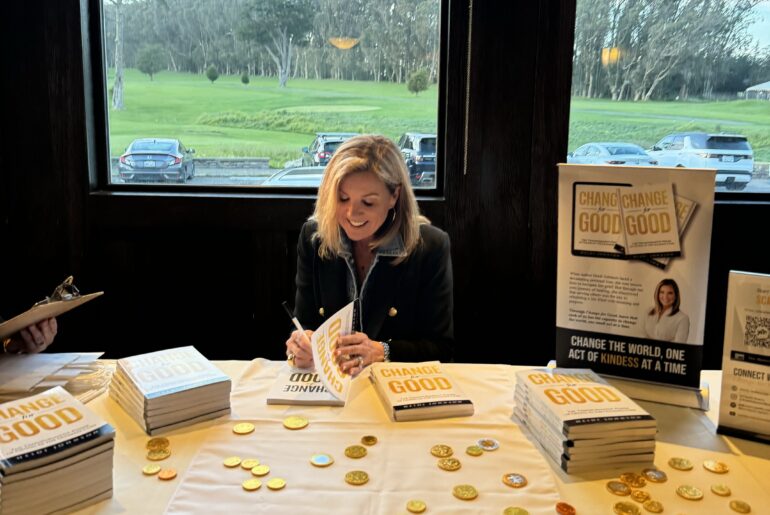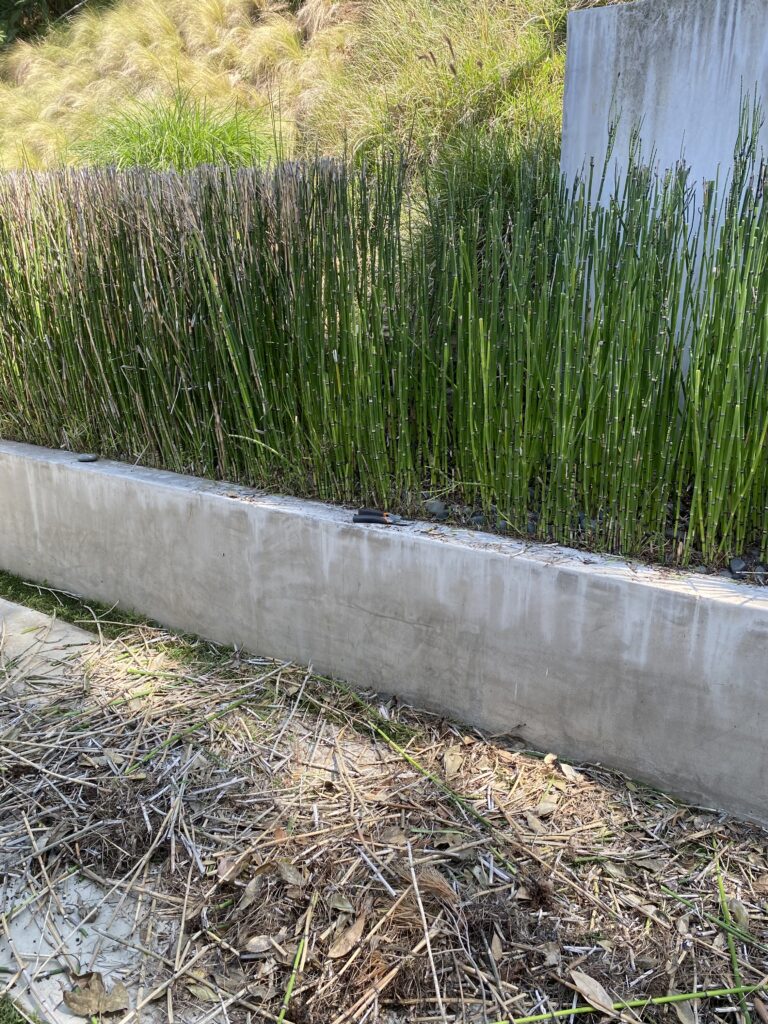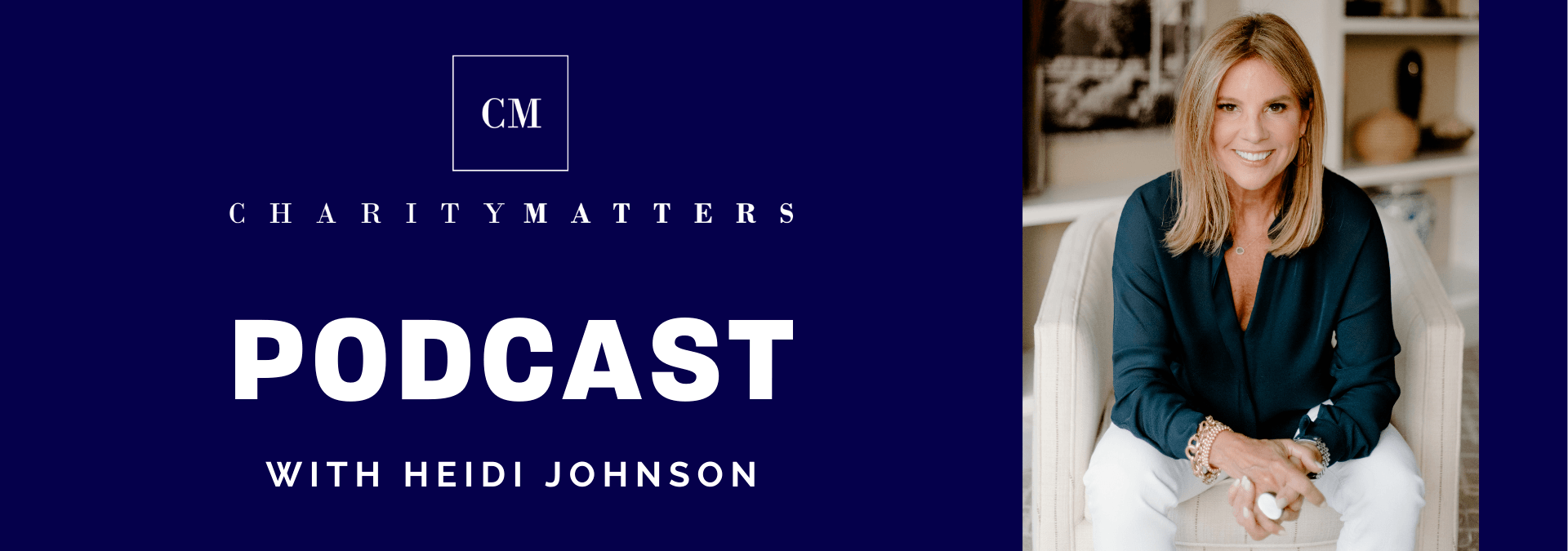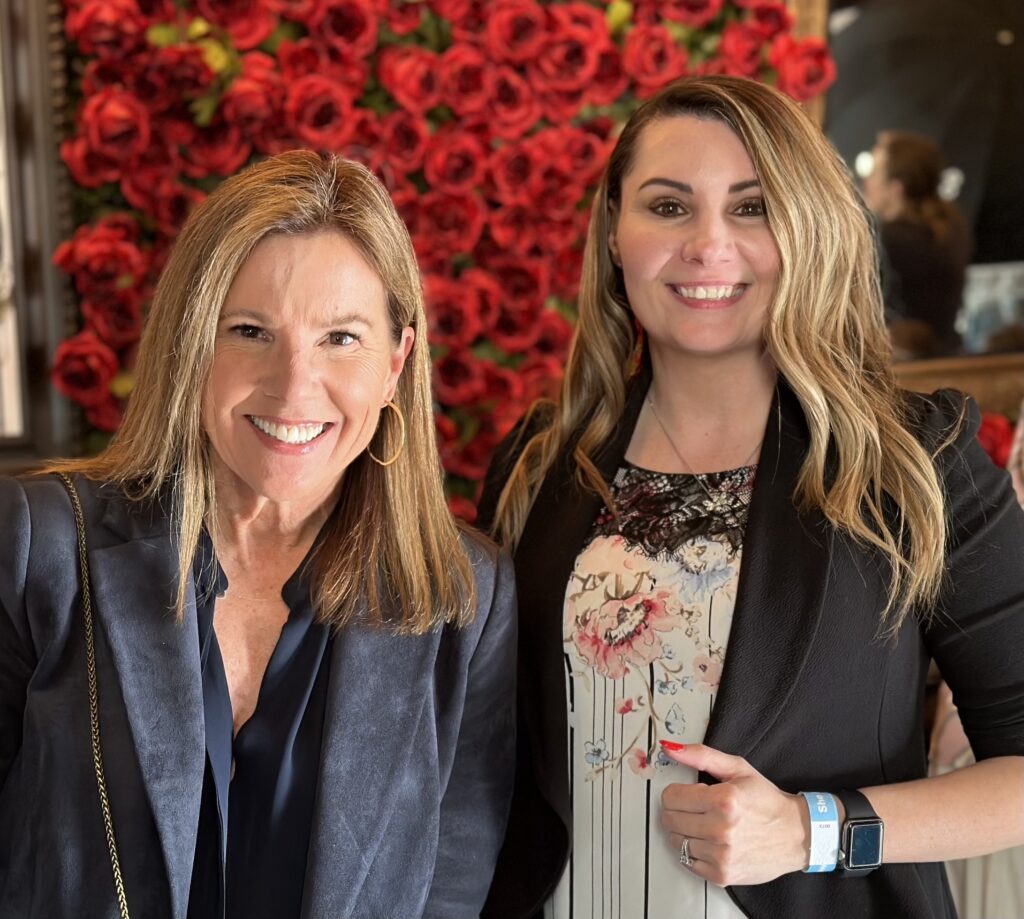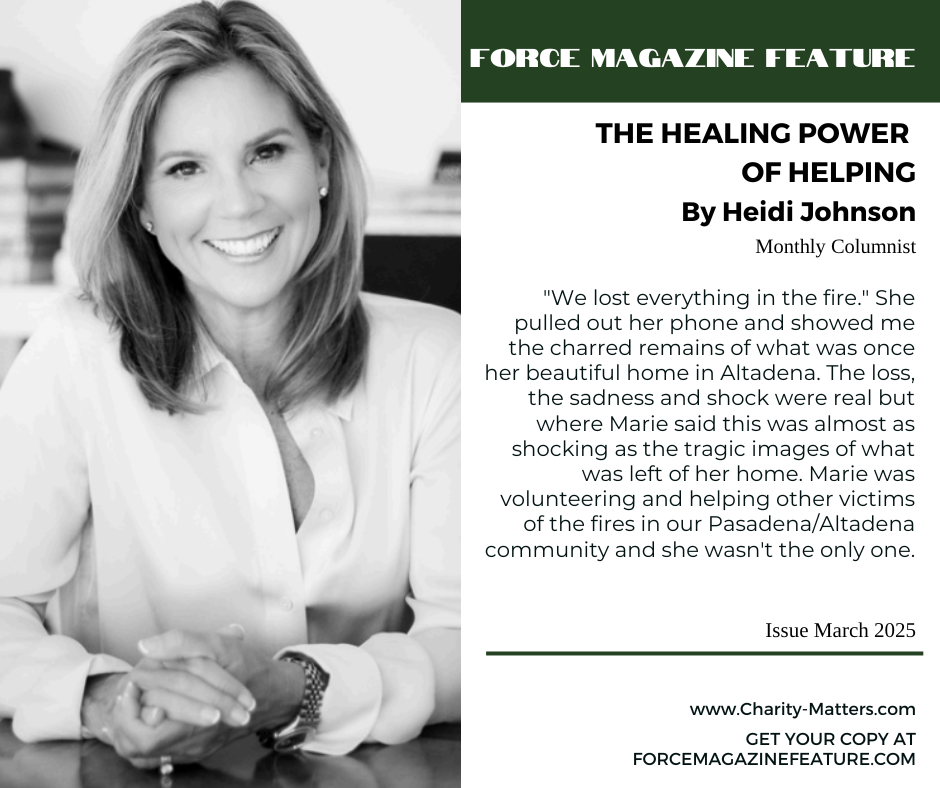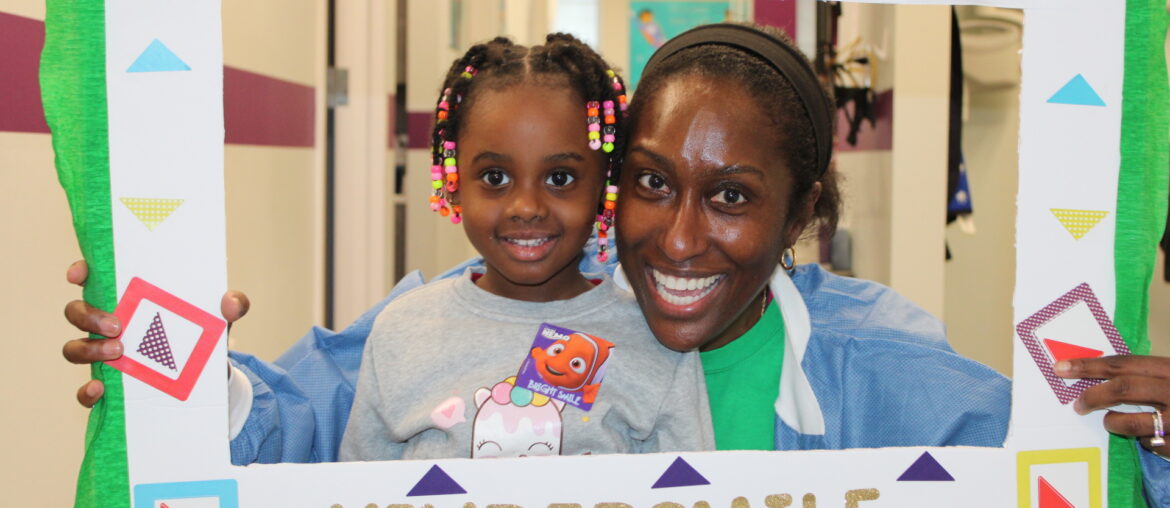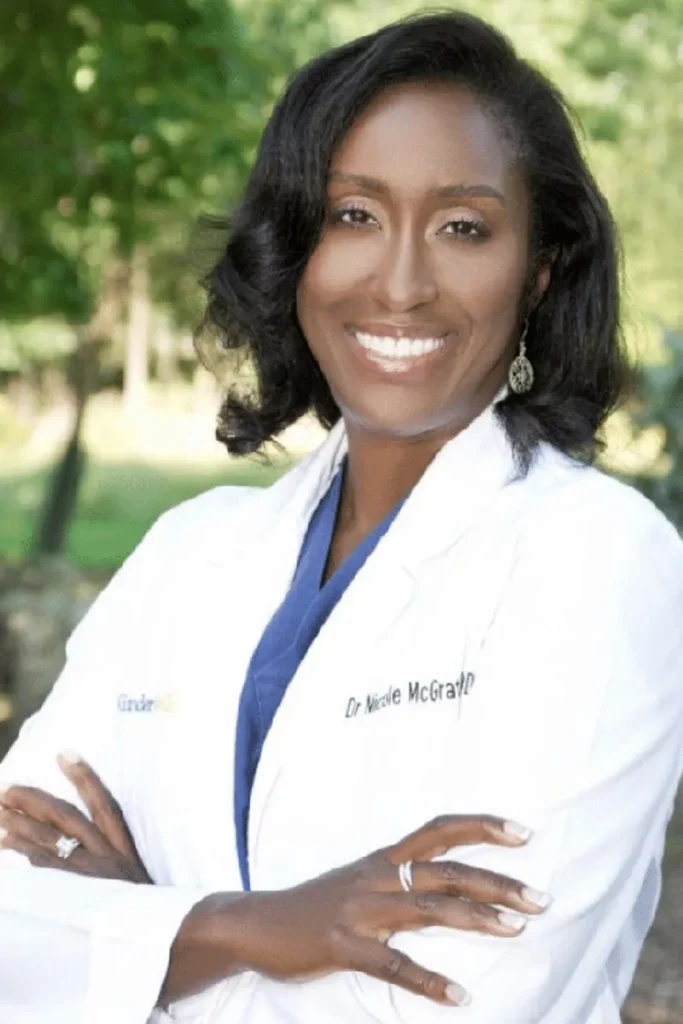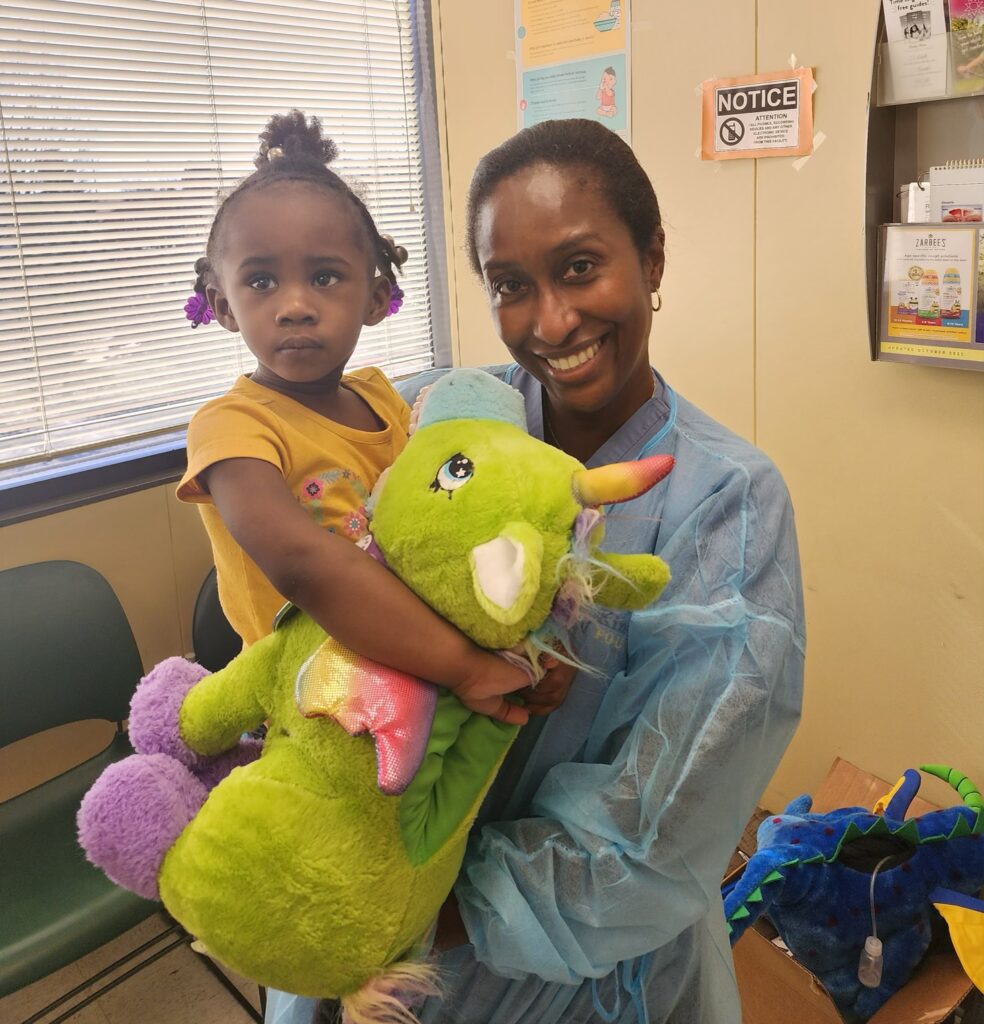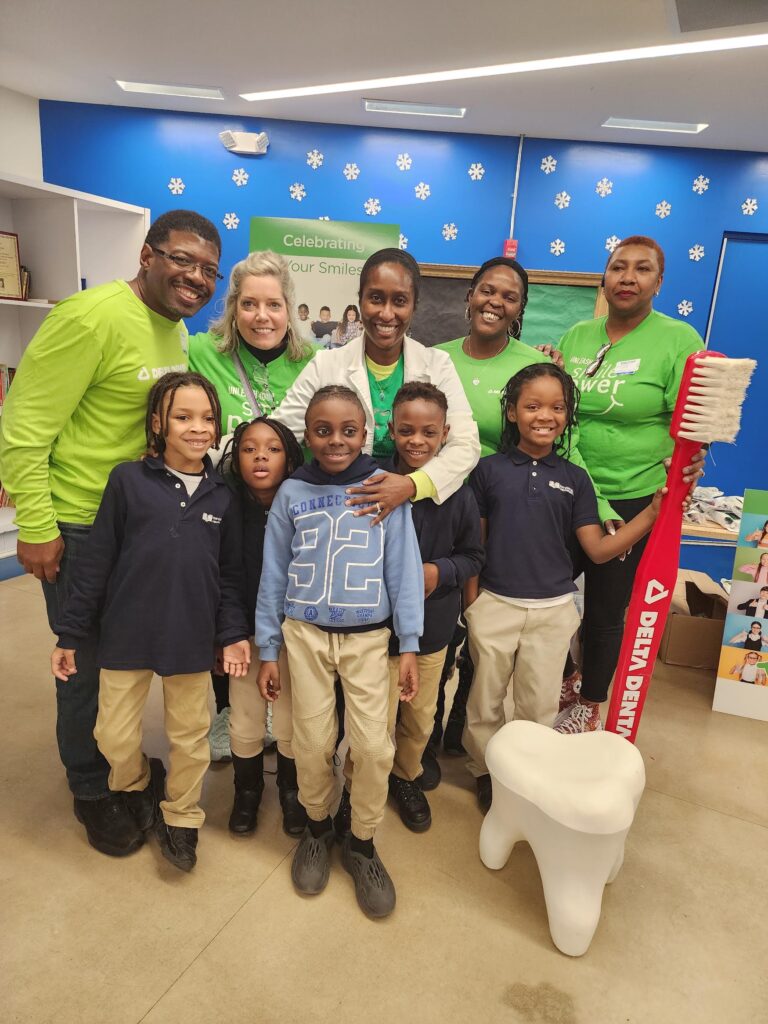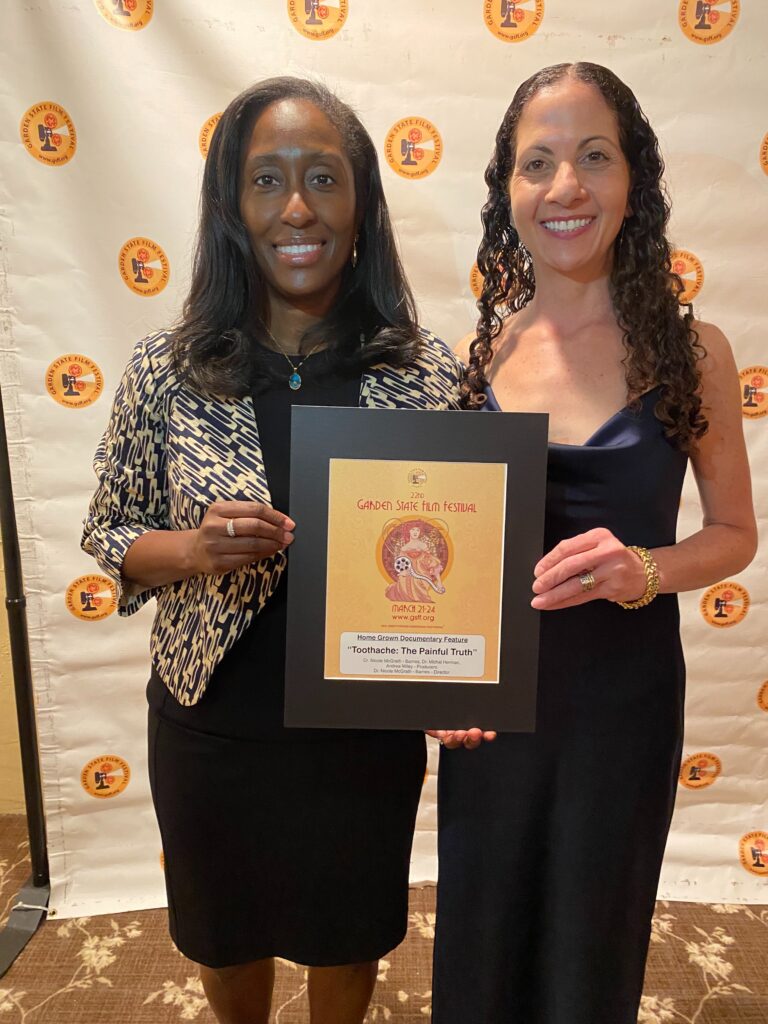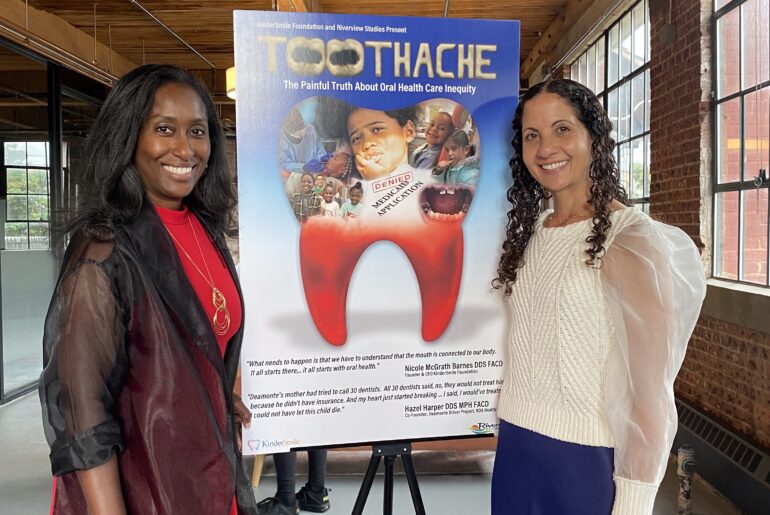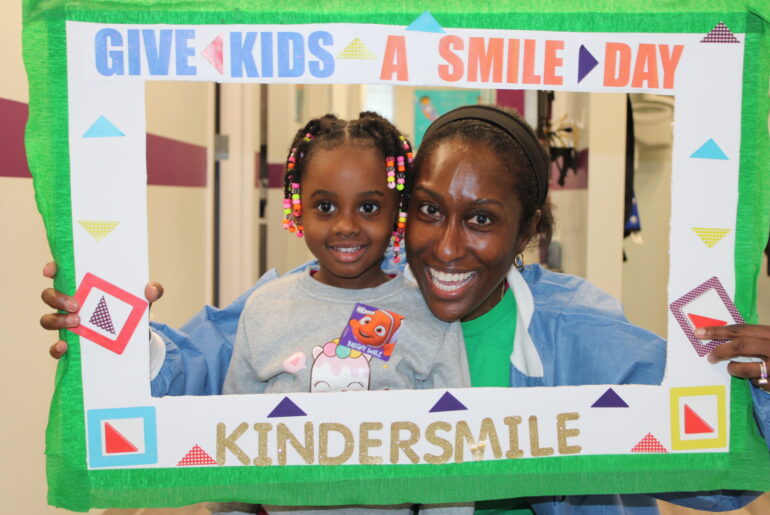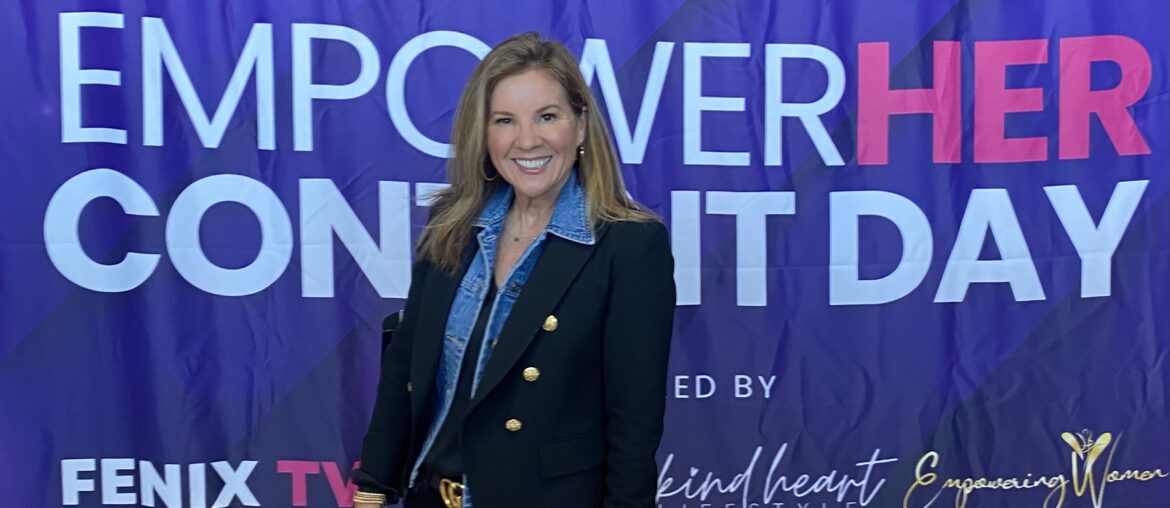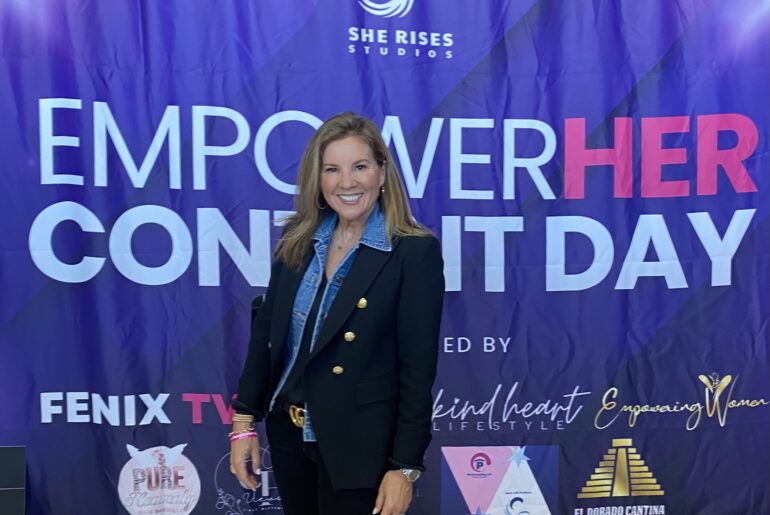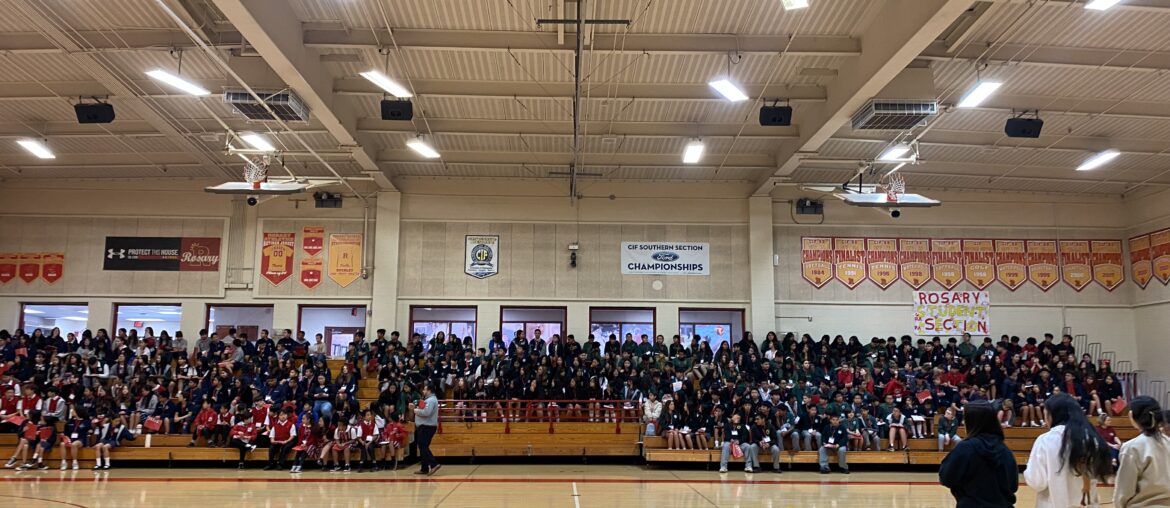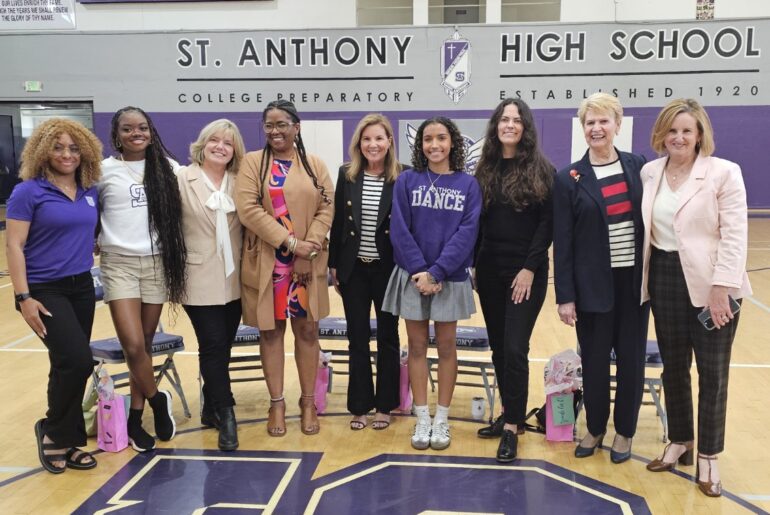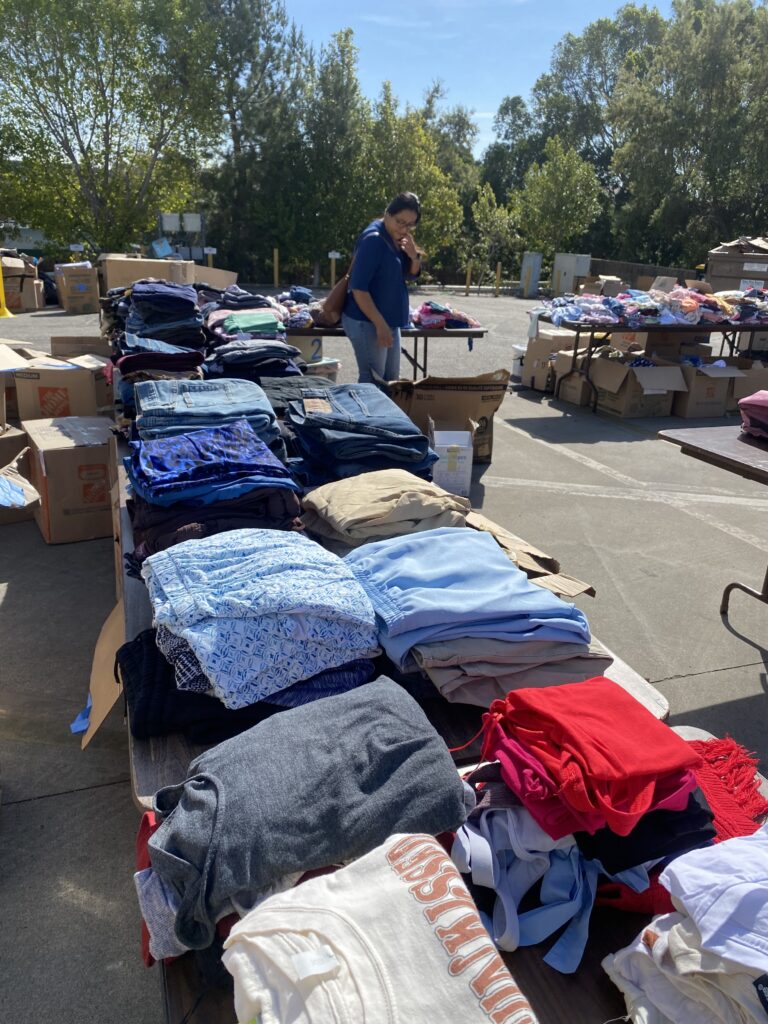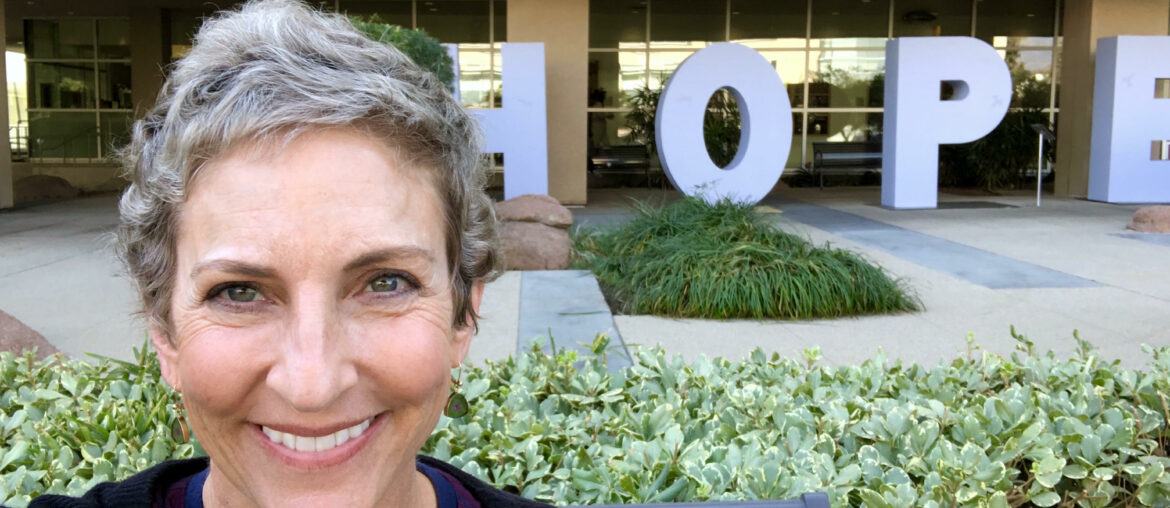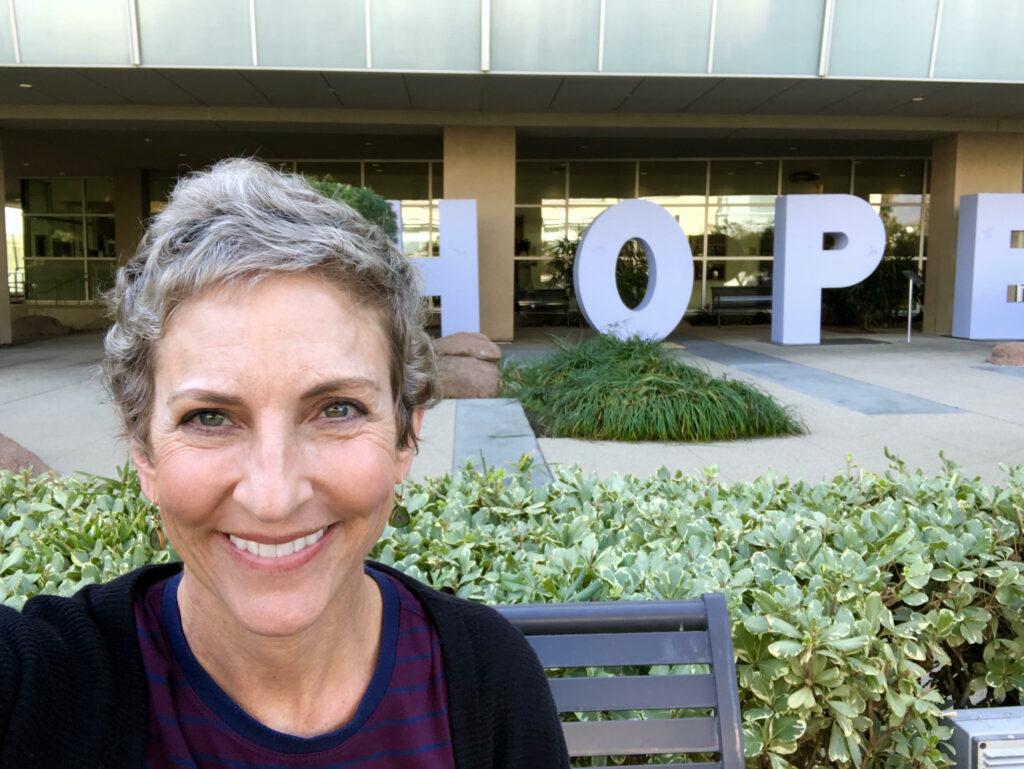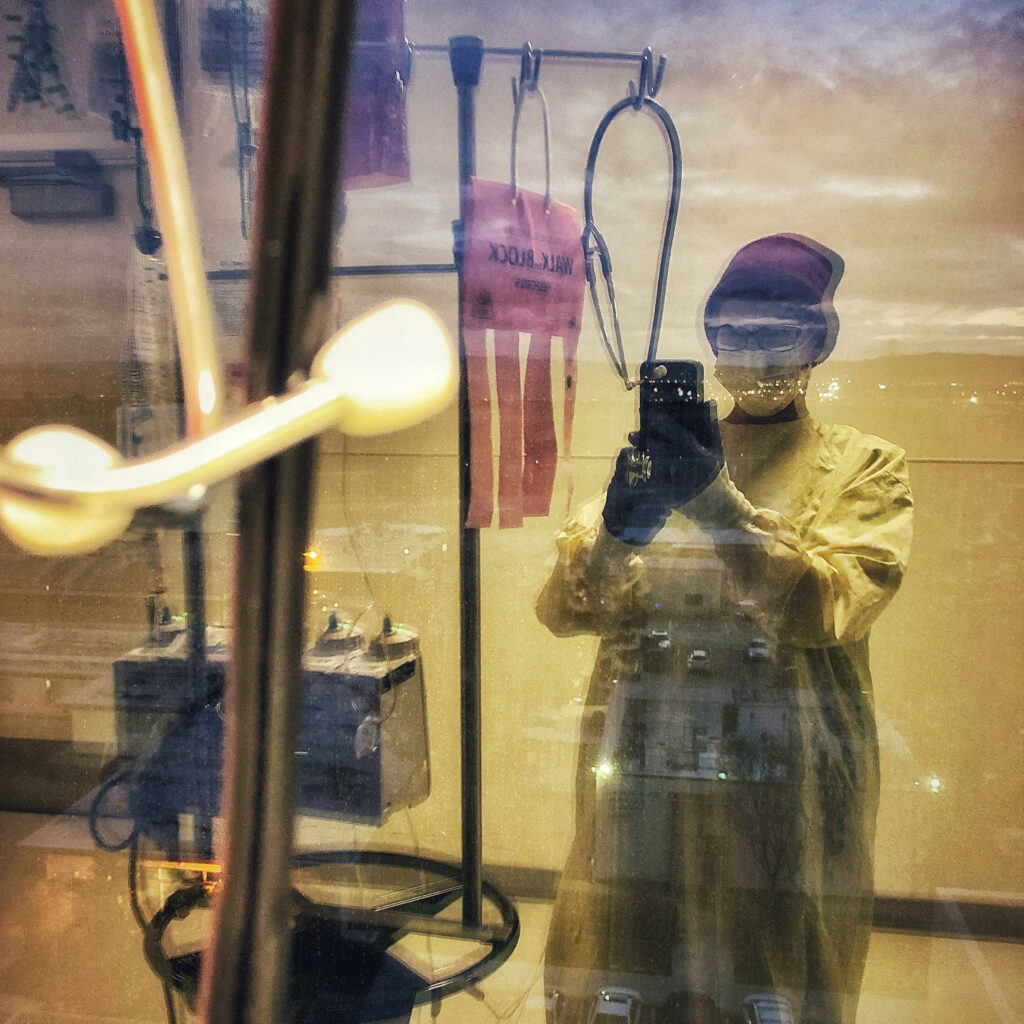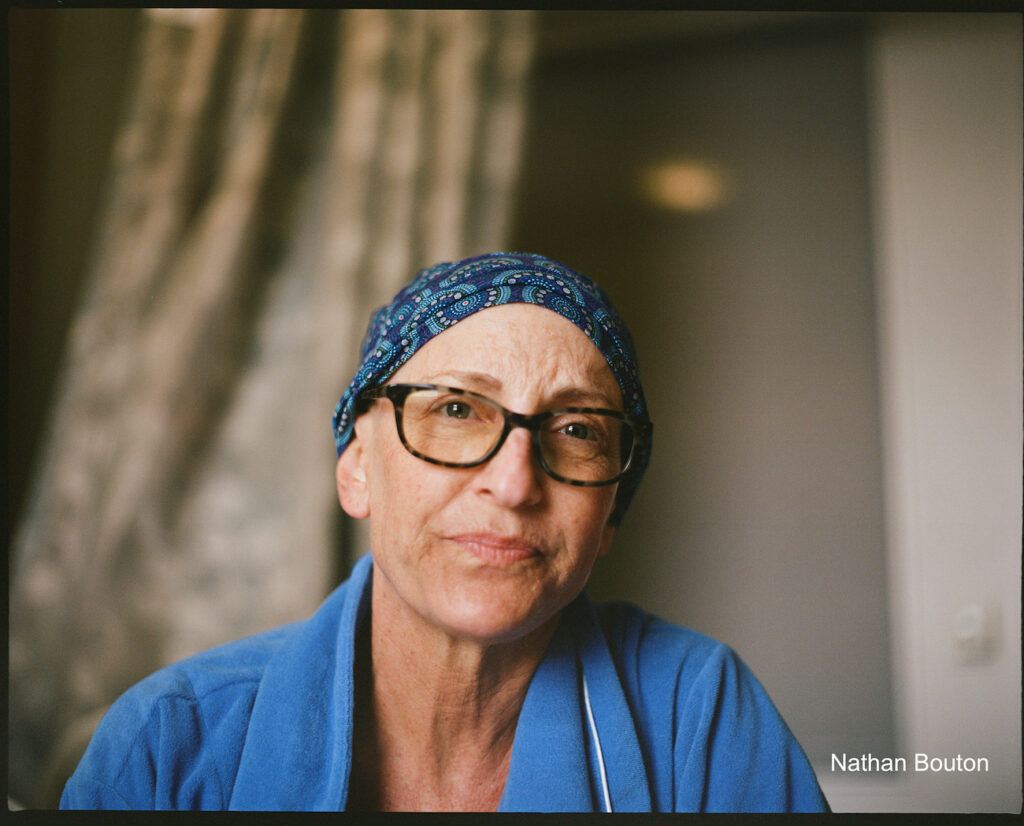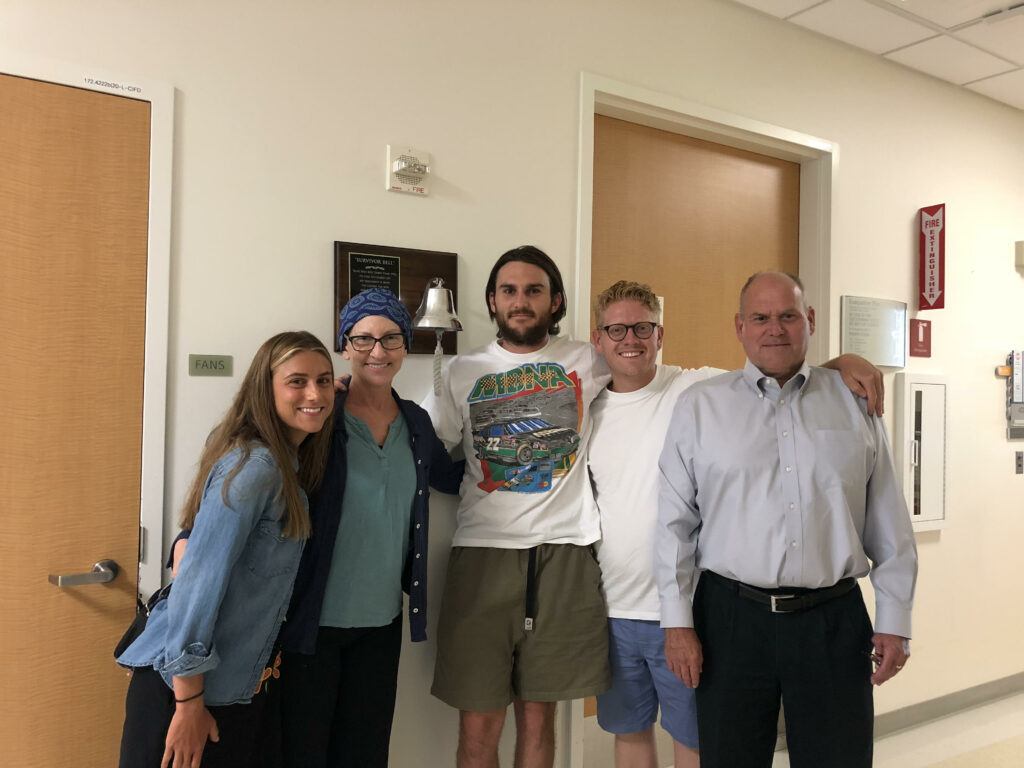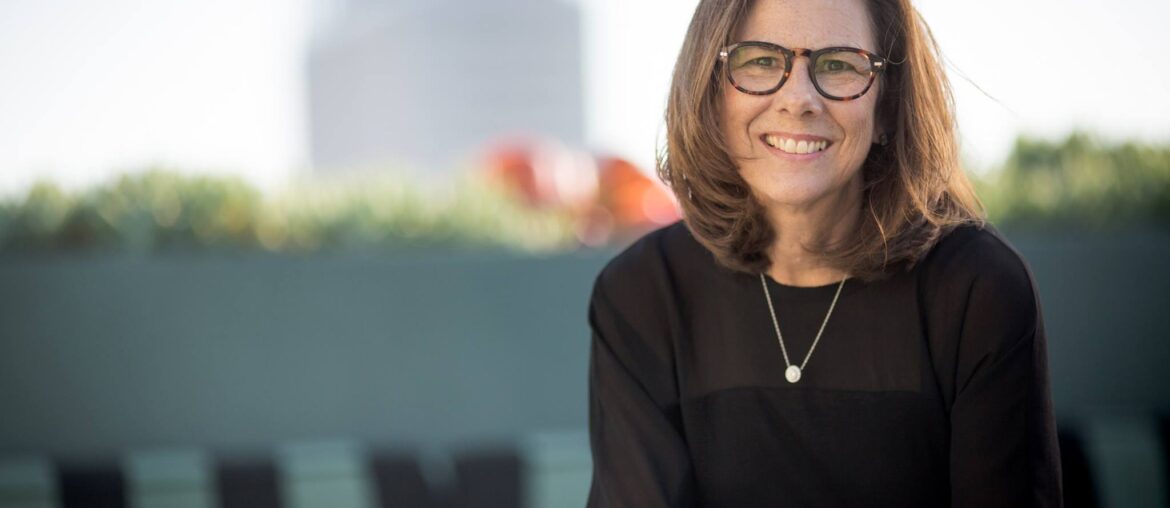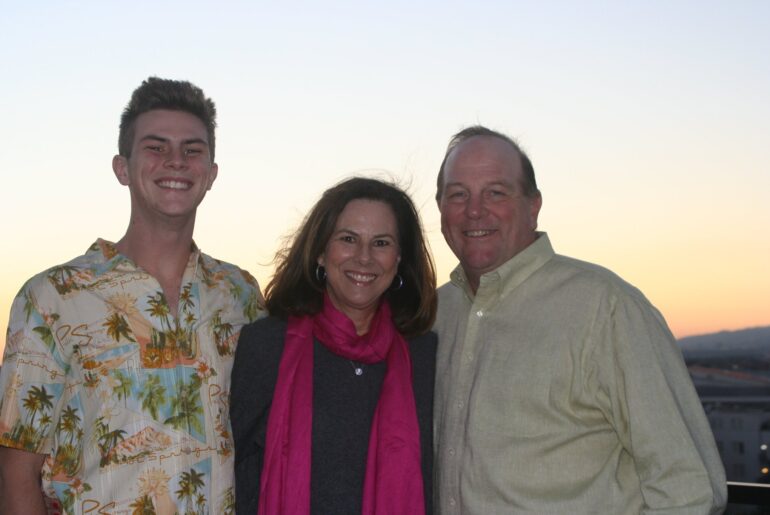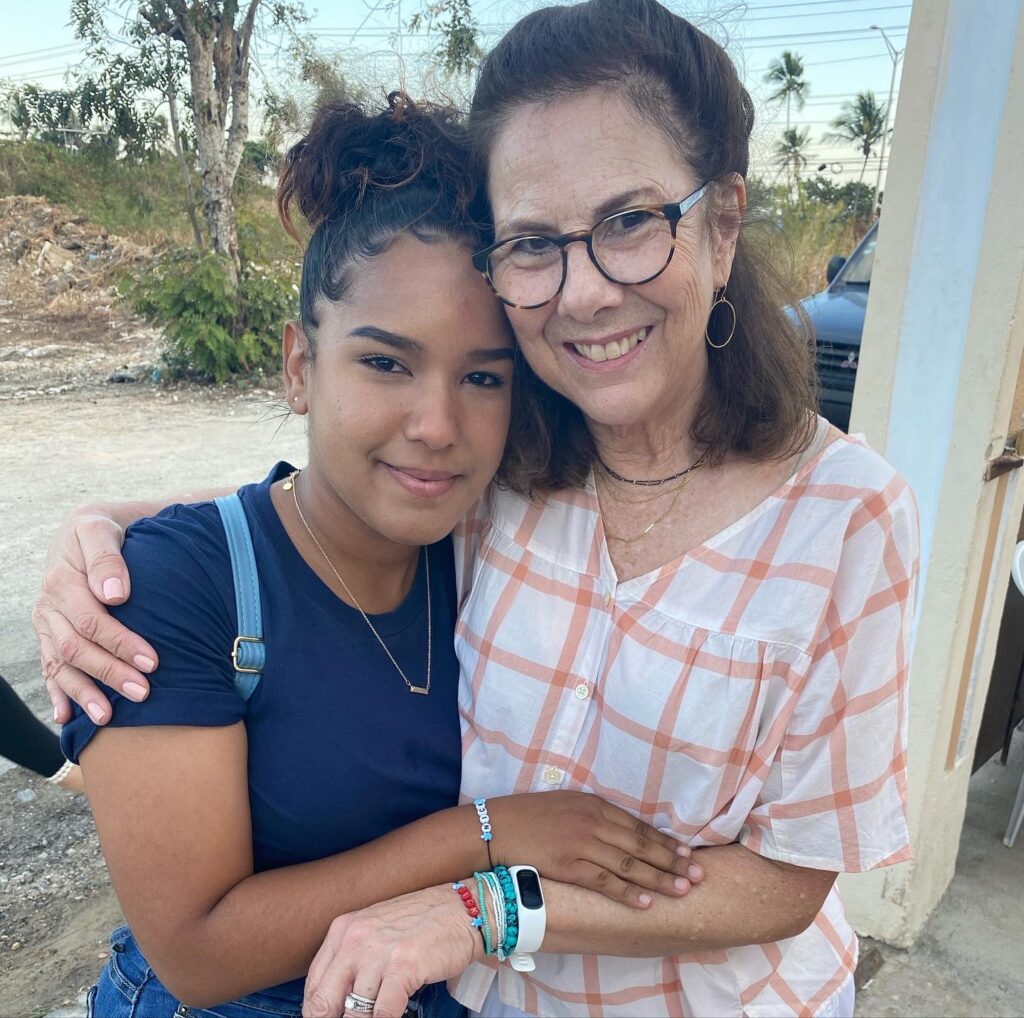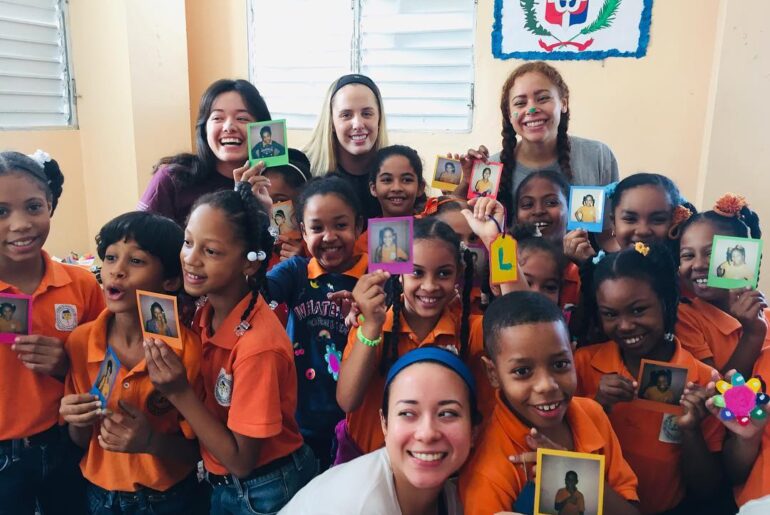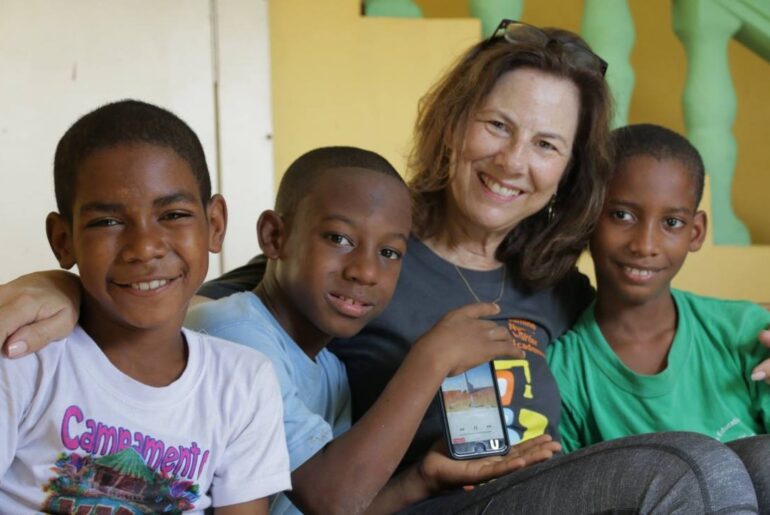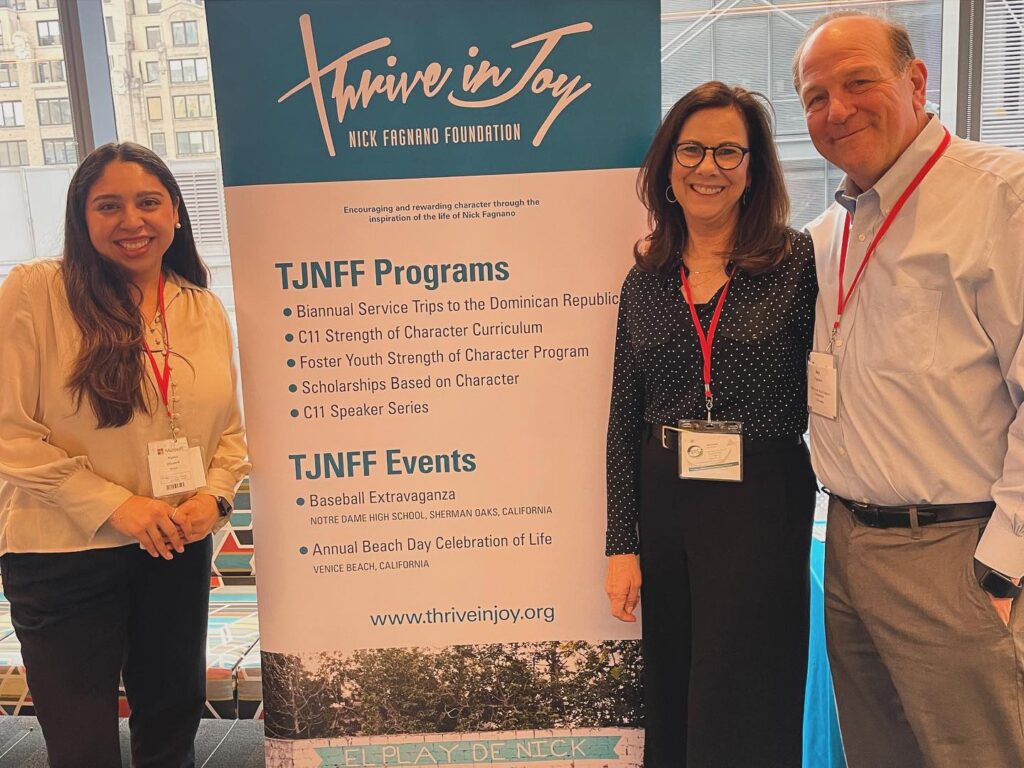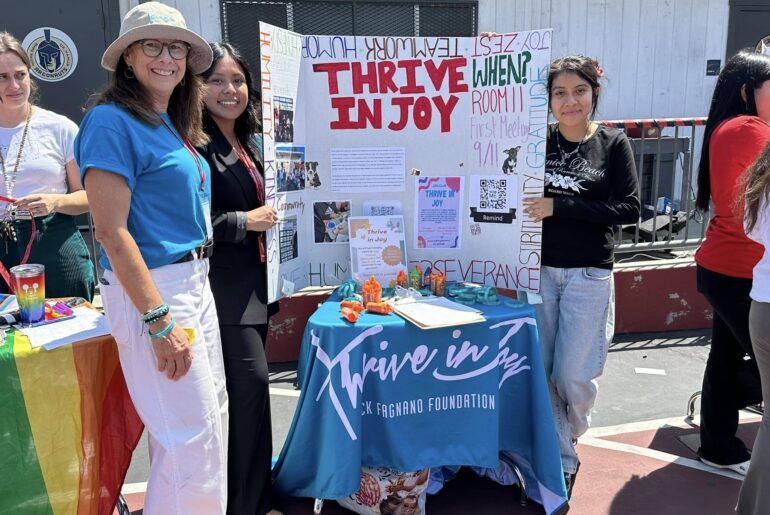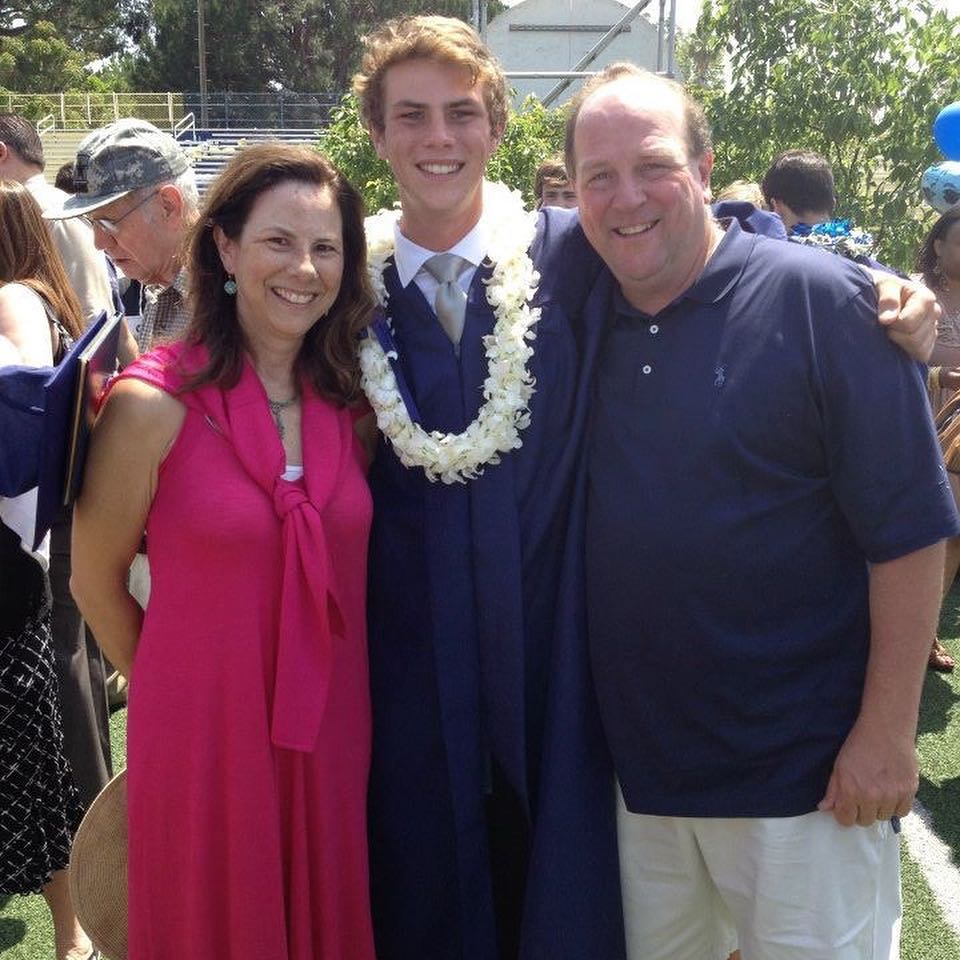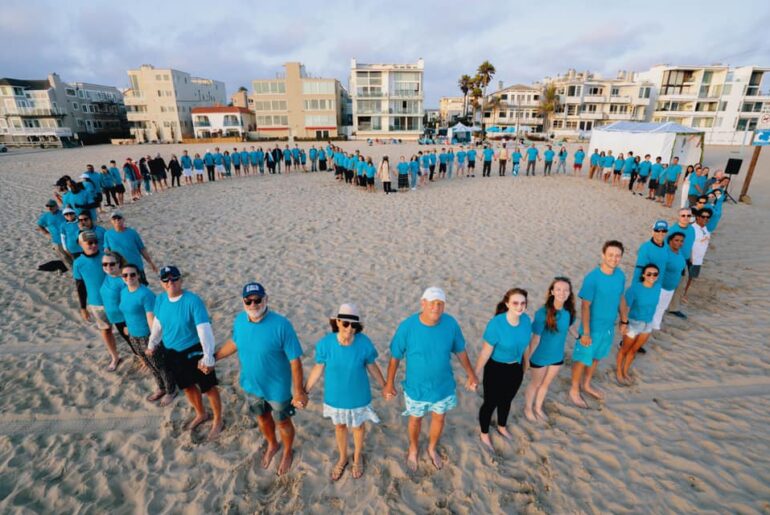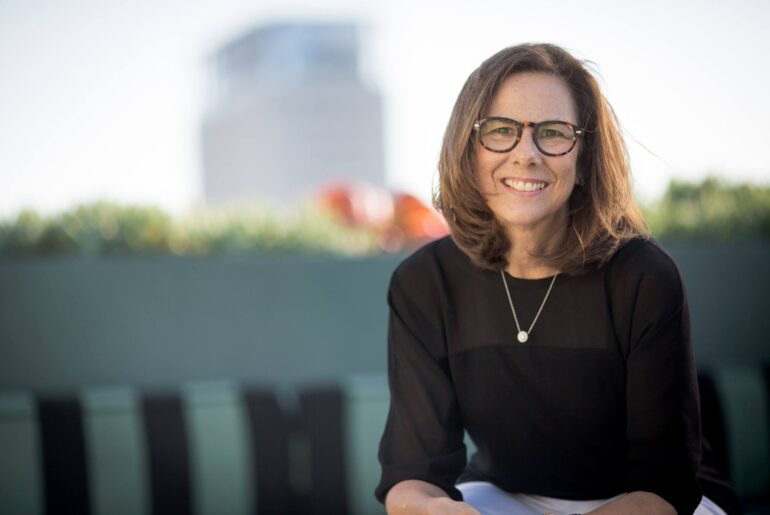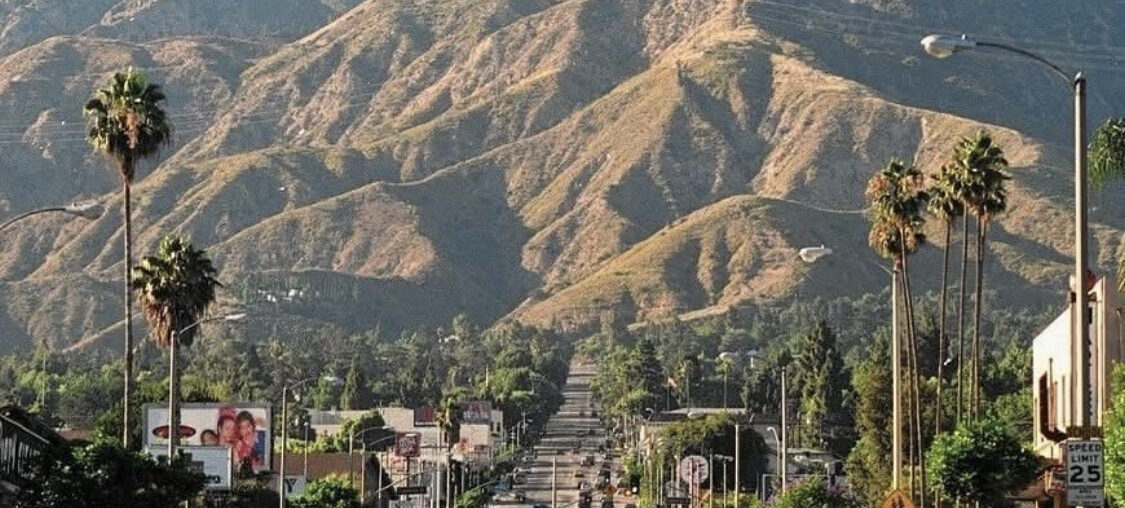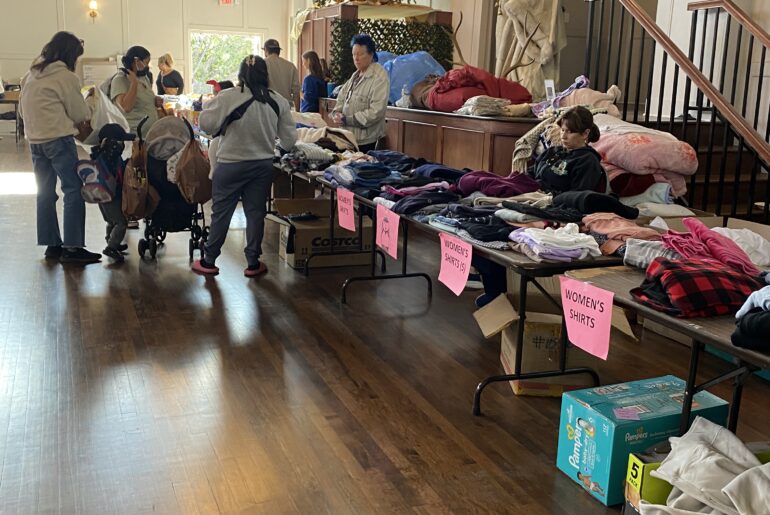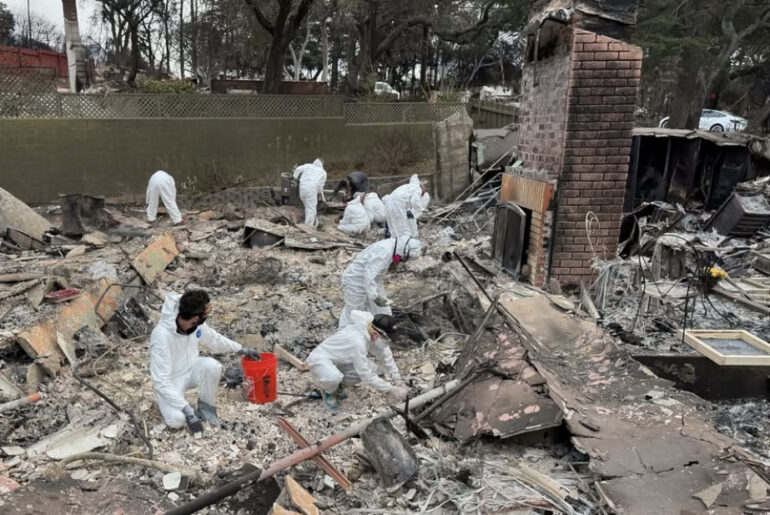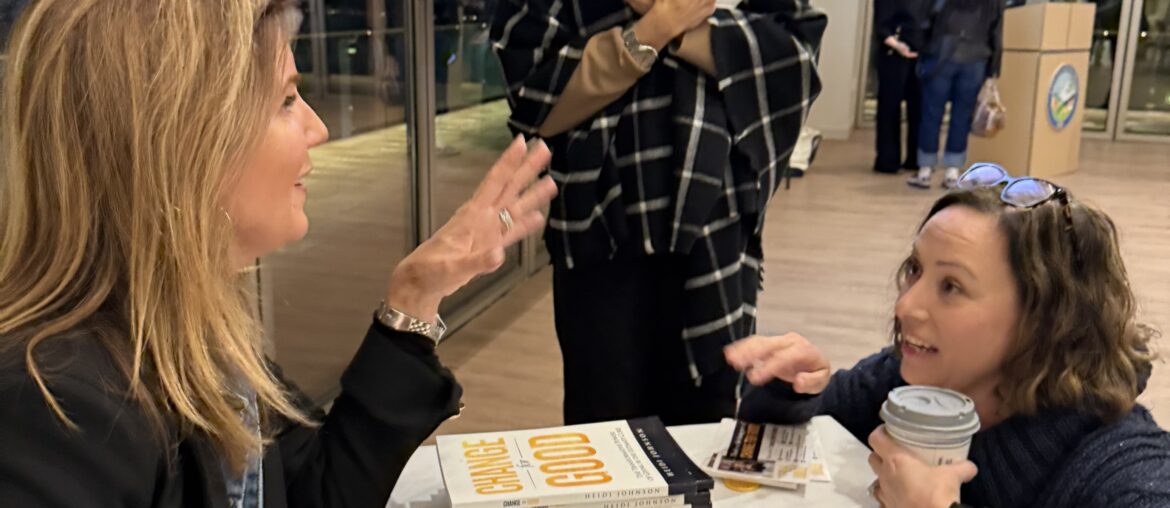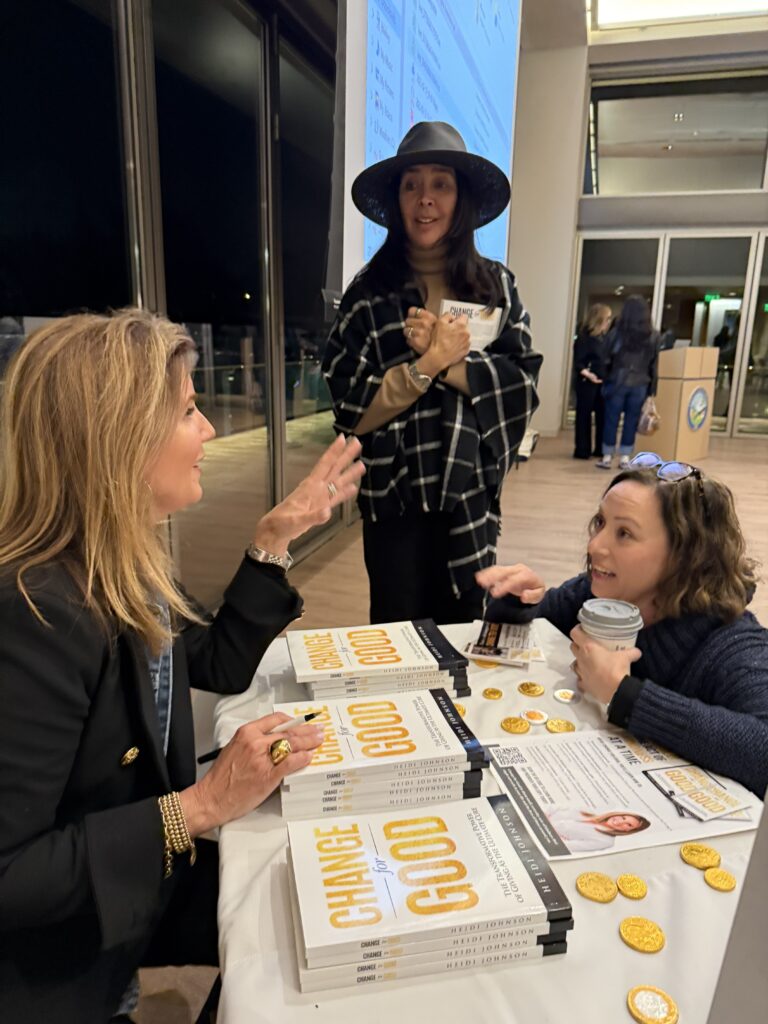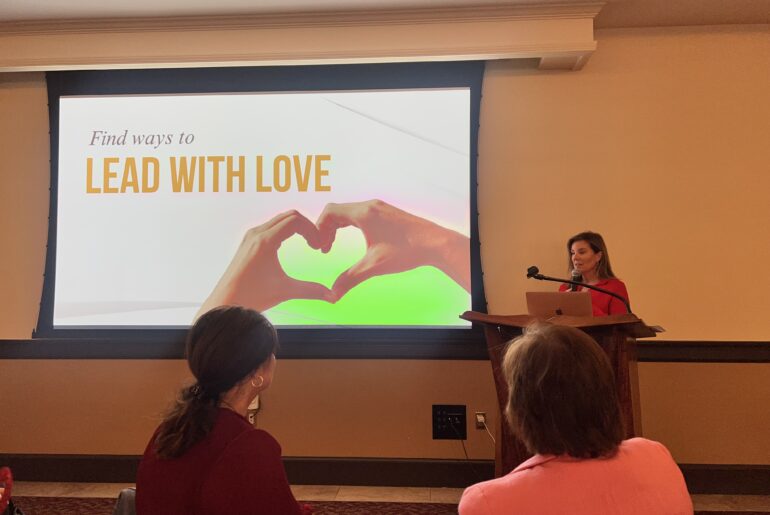As schools are getting ready to close for the summer, today we are talking about what it takes to start a school. This is an inspiring story of heart, hustle, and hope with a guest who turned compassion into action in the most powerful way. What started as a simple realization….a moment of wondering how a mother experiencing homelessness could possibly make it through the day….sparked a movement that’s changing lives and rewriting futures. Kate Kennedy founded a school for children without housing, creating a safe, supportive space where students can rise beyond their circumstances and write their own success stories.
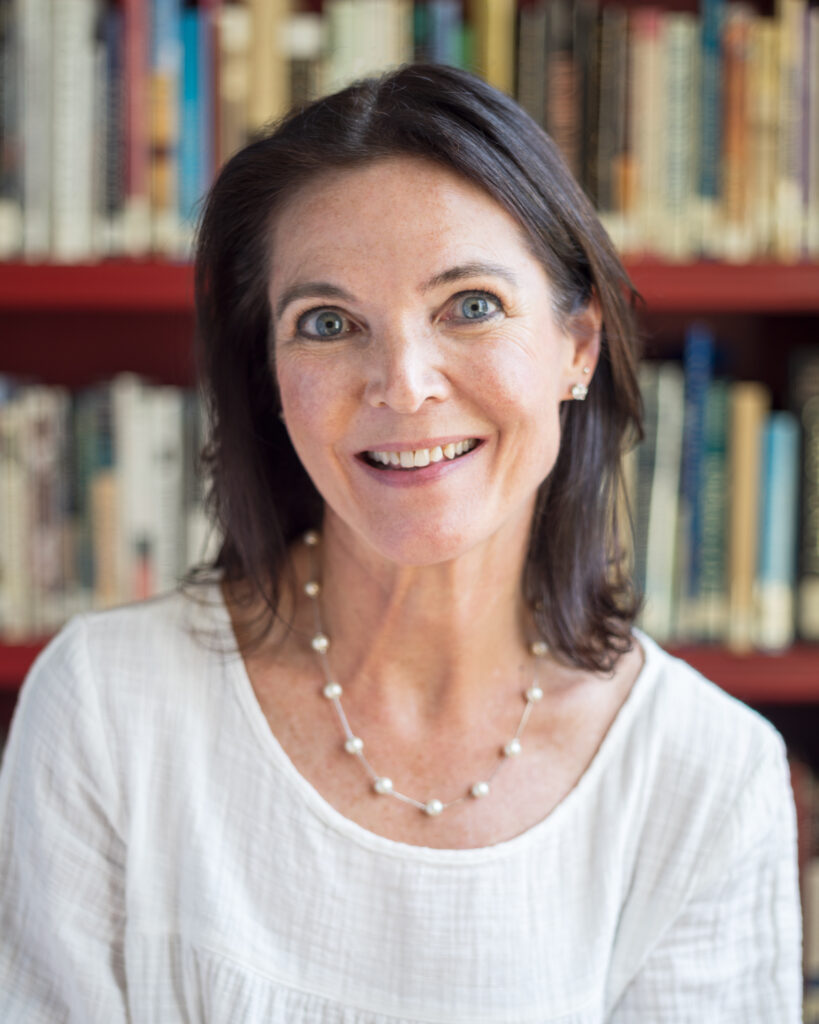
Kate had with no formal title or nonprofit background, took on the impossible by raising millions, building a school from the ground up, and empowering families who are often invisible in our system. Her journey is a testament to the power of listening, trusting yourself, and doing what you know is right, even when the world doubts you. Get ready to be moved, motivated, and reminded that one person truly can make a difference.
Here are a few highlights from our conversation:
Charity Matters: Tell us a little about what The Ansley School does?
Kate Kennedy: The Ansley School is a tuition-free private school in Atlanta for children experiencing homelessness. Too often, these kids fall through the cracks of the system, becoming part of staggering statistics. Without a solid education, the path to a successful life is nearly impossible. Our goal is to give these children the opportunity to write their own story of success, one that rises beyond their circumstances.
Charity Matters: When you were growing up did you have a philanthropic family or role models?
Kate Kennedy: There’s an exercise I’ve done a few times where you map out your life timeline and mark the moments that stand out. Every time, a clear thread of service and community building runs through it. No matter what I’m doing, that piece is always there, and it definitely comes from my parents. When my mother passed a few years ago, people who didn’t know her or me read her obituary and said, “Oh, that’s you. Now I get it.” She was always active in the community, and I guess that spirit of service is just part of my DNA.
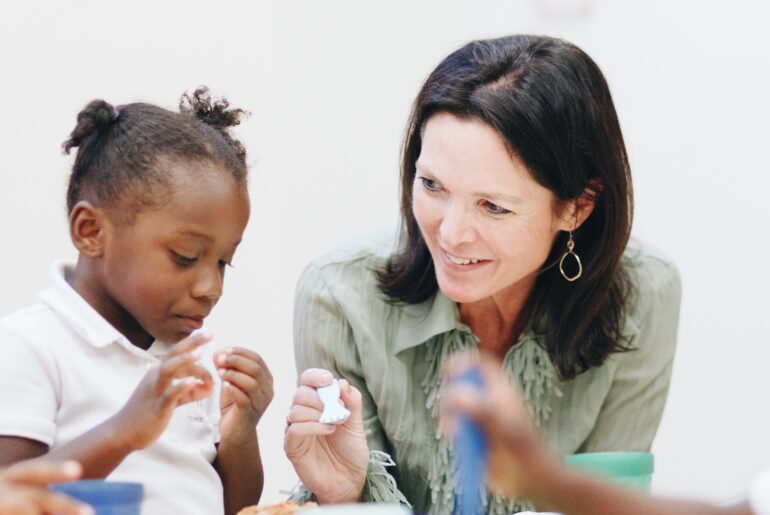
Charity Matters: What was the moment you knew you needed to act and start The Ansley School?
Kate Kennedy: I remember it vividly. I had spent 20 years at home raising my four kids. Before that, I was a television writer and later worked in a church with teenagers, where I became deeply involved in community service around Atlanta, especially with organizations serving the unhoused. Even while raising my children, I continued volunteering and serving on boards.
Charity Matters: What are your biggest challenges?
Kate Kennedy: I started talking to parents and quickly realized the challenges. Without an address, they don’t even know what school to go to. And without housing, they often lack access to basic documents like birth certificates and immunization records and everything needed to enroll. Even for those who do get in, their children often face poor sleep, inadequate nutrition, and lack of proper clothing. The barriers were and are everywhere.
It’s incredibly difficult and so many nonprofits fail. I had identified a real need in our community through public school educators, families, and homeless-serving agencies. My final step was to approach the funding community and none of them wanted to touch it. I didn’t have a title or nonprofit experience. I remember one woman asking, “What’s your title?” Flustered, I said, “I’m just a concerned citizen.” She practically patted me on the head and said, “Oh, you’re in way over your head.”
There’s a difference in a do gooder and a change maker. I think it’s really important a do gooder does good until, until it gets tough, and then they’re like, oh, that’s I’m out. And the change maker, the founder, it keeps on going even when it just looks impossible.
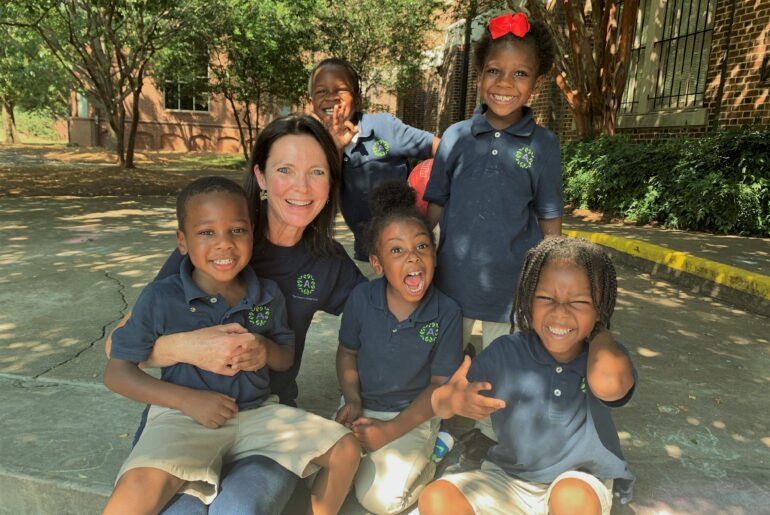
Charity Matters: What fuels you to keep doing this work?
Kate Kennedy: Once the school opened, the families and the children kept me going, because they’re just precious. And you just look at them and you just think, I can’t not do this for you. I just can’t. You know you deserve this. You are just the sweetest thing, and you deserve this. You have worth, you have dignity, and you know, and so it was the relationships that really changed.
Charity Matters: When do you know you have made a difference?
Kate Kennedy: There were many moments, but one story that really sticks with me happened at the end of our first quarter. We had given our students uniforms: white polo shirts with the school logo and navy skorts or pants. They looked sweet and polished, and we thought white shirts made sense because they could be bleached clean.
At our first parent meeting, we asked for feedback about what was working, what wasn’t. At first, no one said anything. Then one mom raised her hand and said, “The white shirts are hard.” It hadn’t occurred to us that families living in shelters or on the street often don’t have regular access to laundry. The shirts were hard to keep clean.
I asked what would work better, and they said navy blue. So I ordered navy monogrammed shirts and handed them out a few weeks later. The reaction from the mothers was overwhelming. One said, “No one ever listens to us. We have no voice.” And it’s true, especially when children are involved, families experiencing homelessness often stay invisible out of fear of losing their kids. That small change by simply listening, shifted the entire mood of the school.
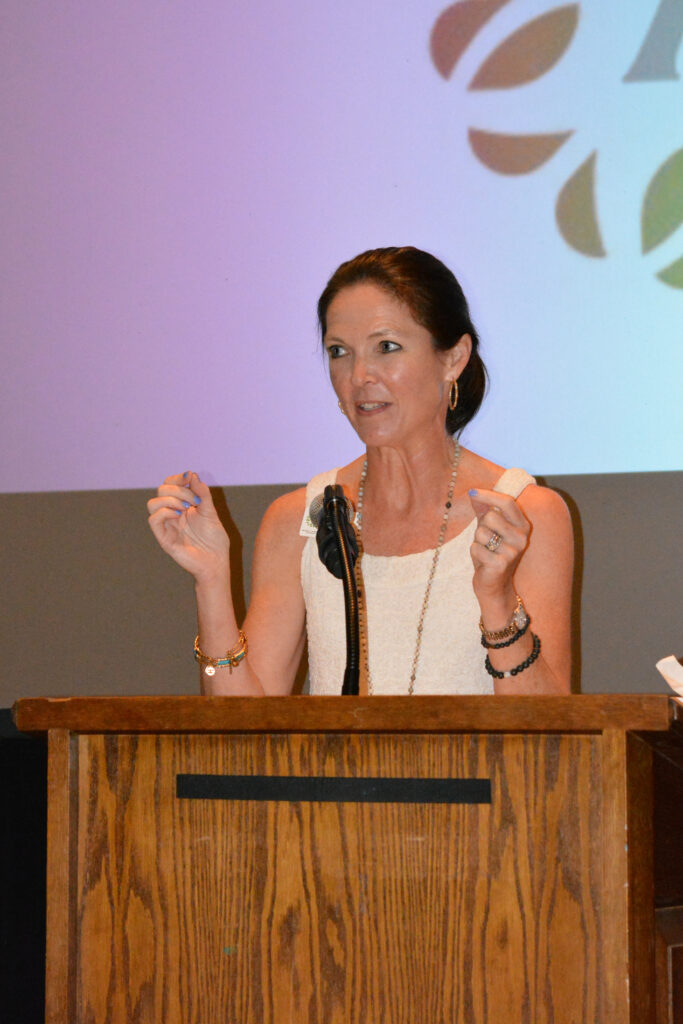
Charity Matters: If you could dream any dream for your organization, what would that be?
Kate Kennedy: It was really hard, but I eventually realized that my dream wasn’t to run the day-to-day operations of a school, it was to start a movement. I want to see schools like the Ansley School across the country, because it’s possible.
Through a providential twist of fate, I was connected with a woman in Pittsburgh who wanted to start a similar school. It’s a long, wild story, but we connected, and I’ve been working with her and her team to help make it happen. As I shared the journey and supported them, I realized this story needed to be told. I started writing and writing and before long, I realized: this could actually be a book people might want to read.
Once Upon a School is my book. The first half of the book is about building the school and about my real dream of supporting children without housing. The children that are going to fall through the cracks in our system. The second half of the book is about how it’s really complicated to be a founder.
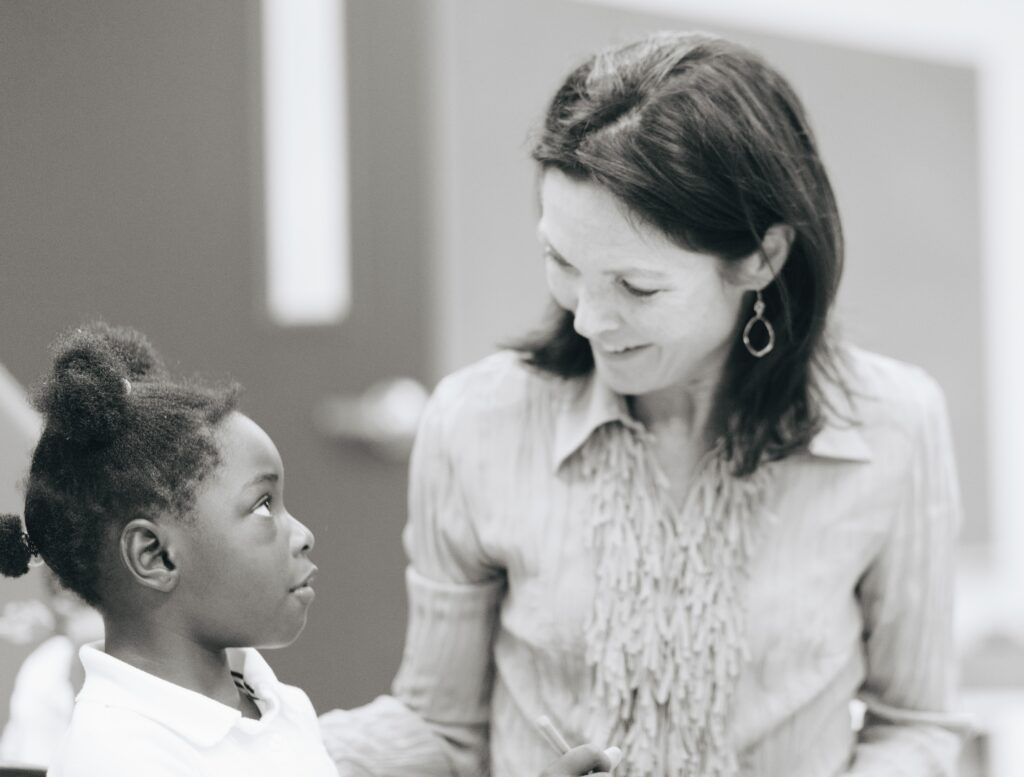
Charity Matters: What life lessons have you learned from this experience?
Kate Kennedy: The biggest lesson that kept coming up was that I needed to trust myself. I didn’t have all the answers, but I knew what I knew and I was aware of what I didn’t. I asked questions, listened, and the school was thriving. We had a $2 million budget, and I raised it almost entirely on my own each year.
Still, people would say, “You haven’t been in the business world,” or “You stayed home with your kids, you don’t know”—all the bless your heart stuff (I’m Southern). which, by the way, is not a compliment in the south. What I was doing was working. I mean, the evidence was all around me. So I look back now and I think I should have trusted myself more.
Charity Matters: How has this journey changed you?
Kate Kennedy: I do, I’ve changed a lot. I have much better boundaries now and trust myself a lot more. I think those are the biggest shifts. I’m also much more aware of the challenges children without housing face when it comes to education. I always knew it was an issue, but now I feel like I can truly be a voice for them because I’ve walked alongside so many families living through it. It’s one thing to understand the problem from a distance but it’s completely different when you’ve lived it up close.
CHARITY MATTERS.
YOUR REFERRAL IS THE GREATEST COMPLIMENT, IF YOU ARE SO MOVED OR INSPIRED, WE WOULD LOVE YOU TO SHARE AND INSPIRE ANOTHER. If you enjoyed today’s episode, please connect with us:
- www.Charity-Matters.com
- On IG @Charitymatters
- Post a screenshot & key takeaway on your IG story and tag me @heidijohnsonoffical and @Charitymatters so we can repost you.
- Leave a positive review on Apple Podcasts
- Subscribe to new episodes each week!
Copyright © 2025 Charity Matters. This article may not be reproduced without explicit written permission; if you are not reading this in your newsreader, the site you are viewing is illegally infringing our copyright. We would be grateful if you contact us.




